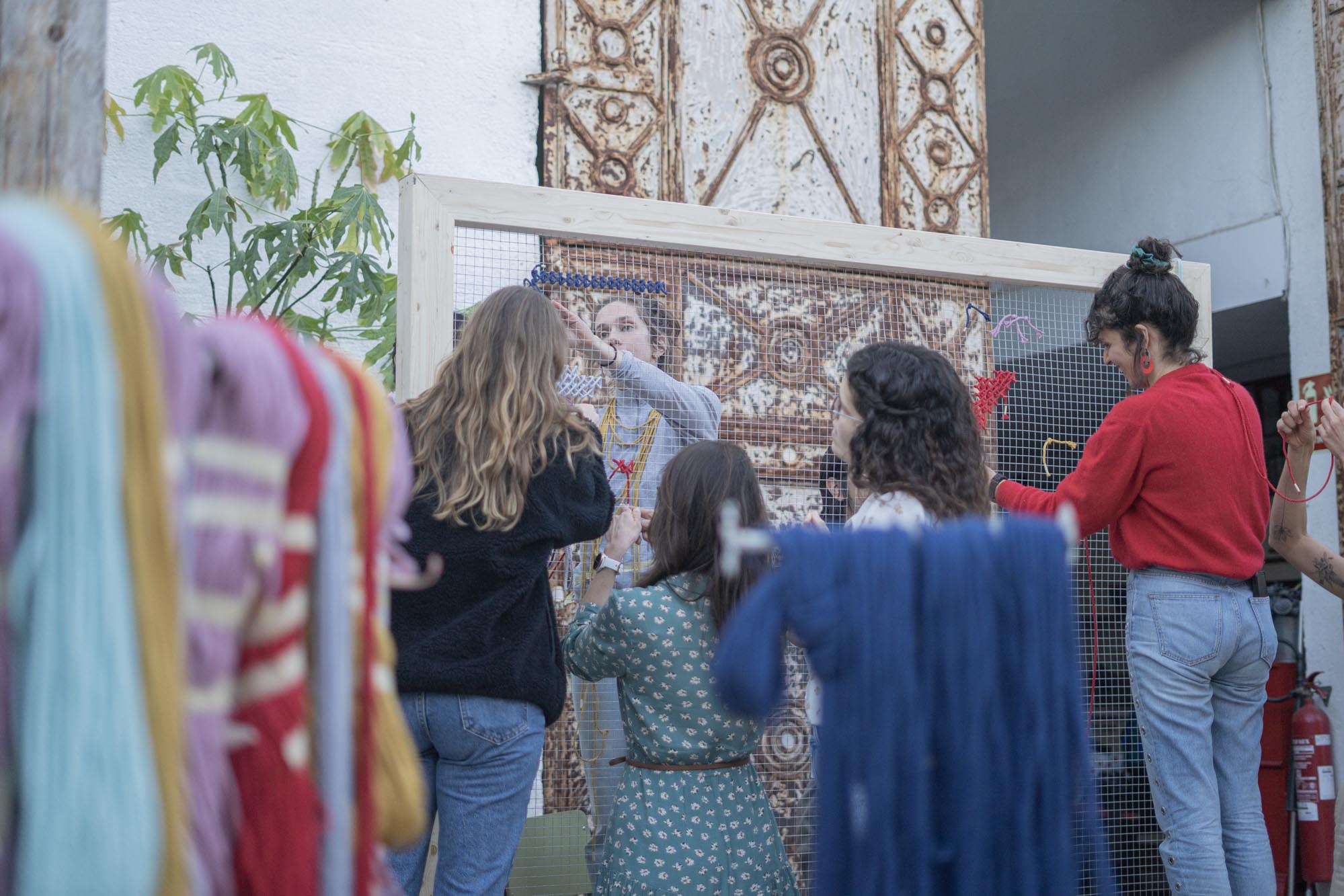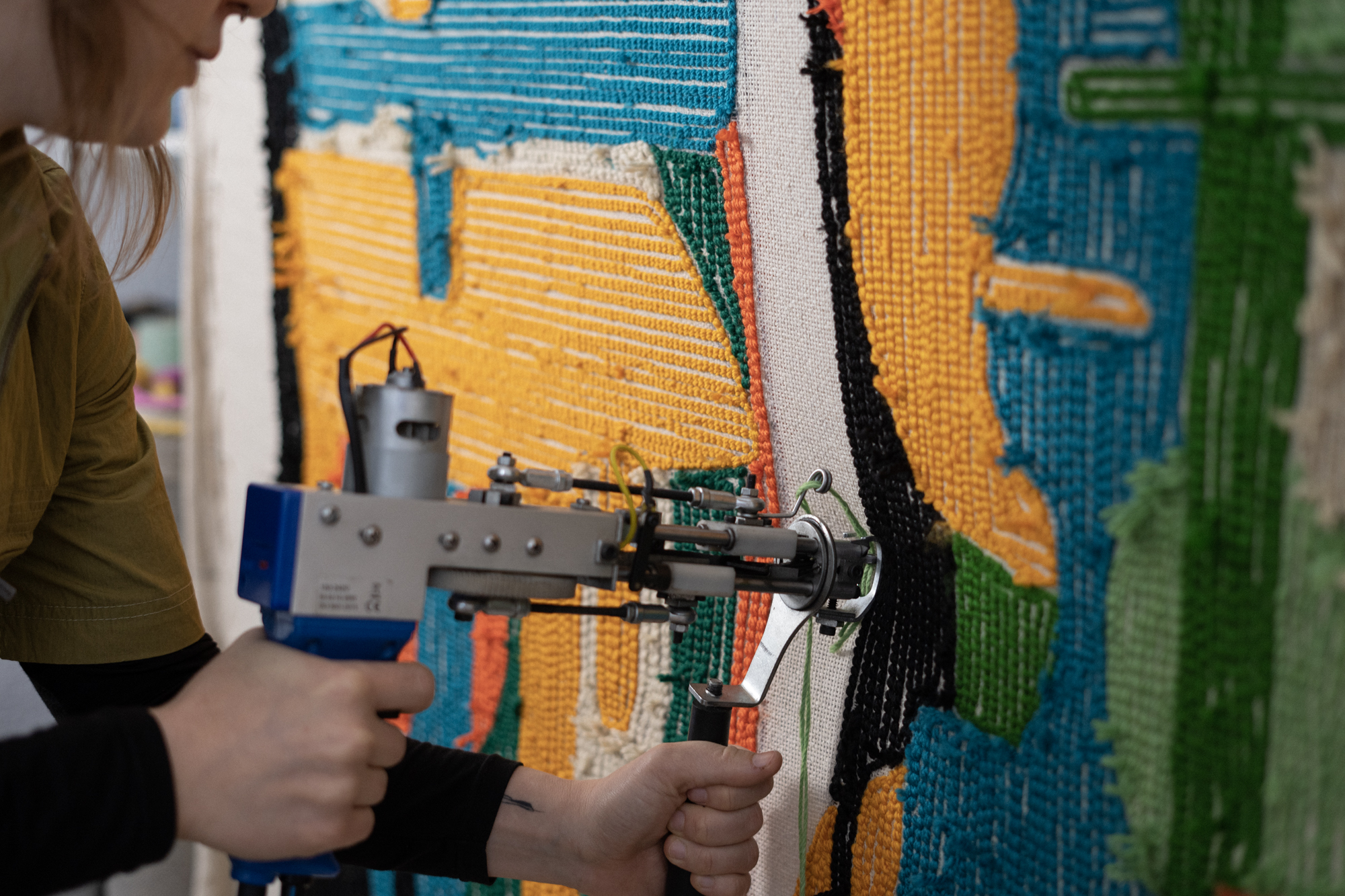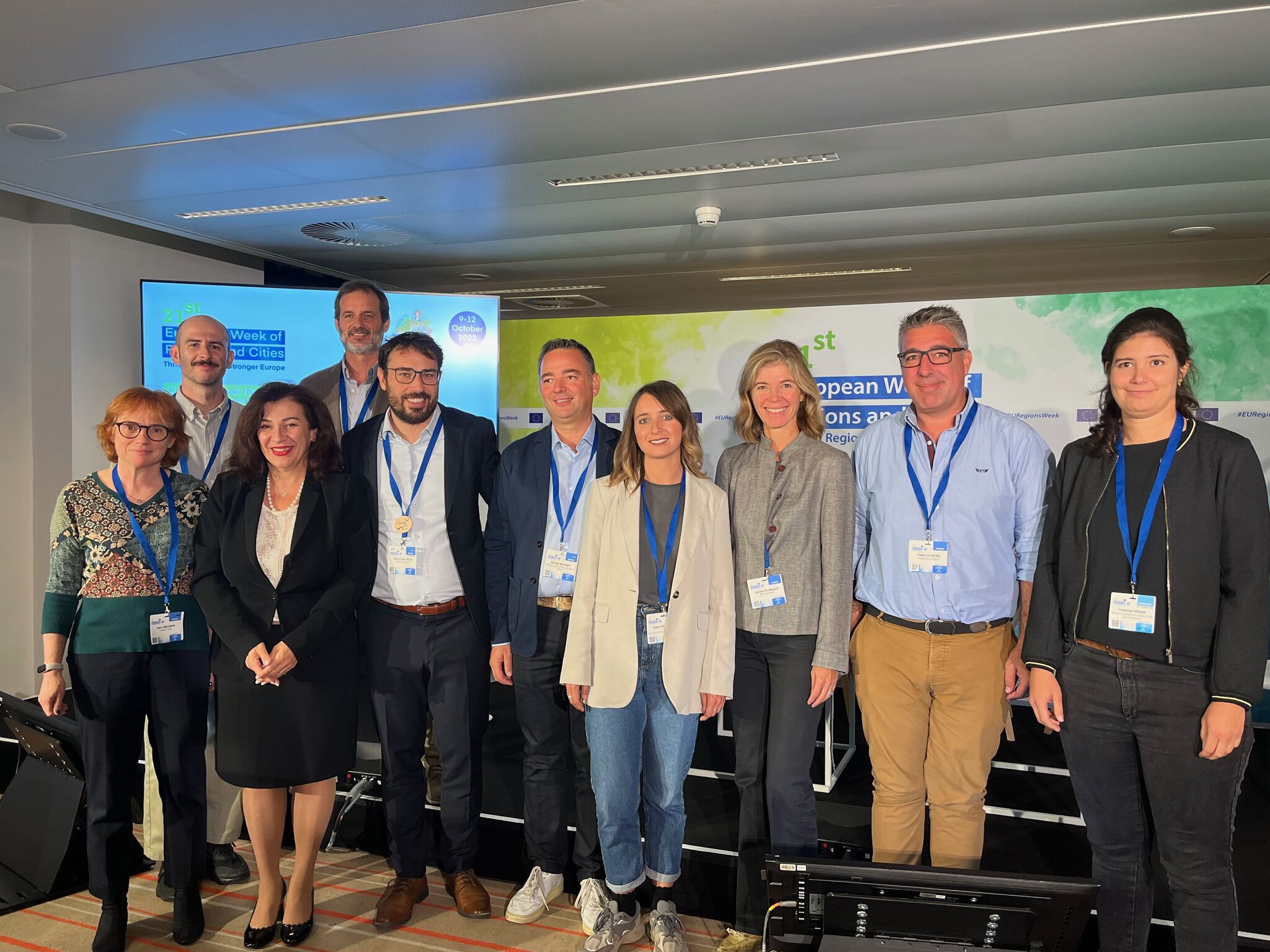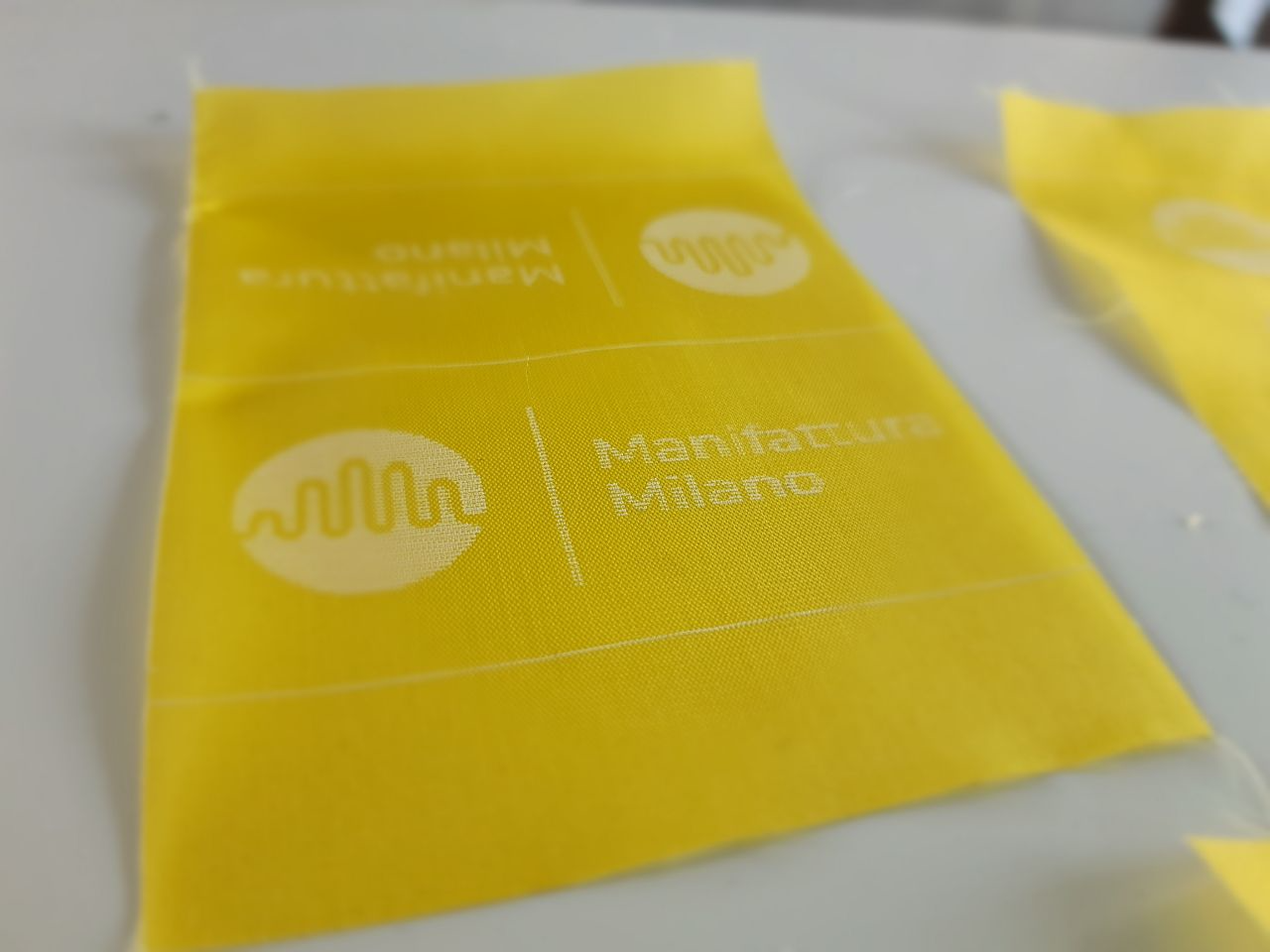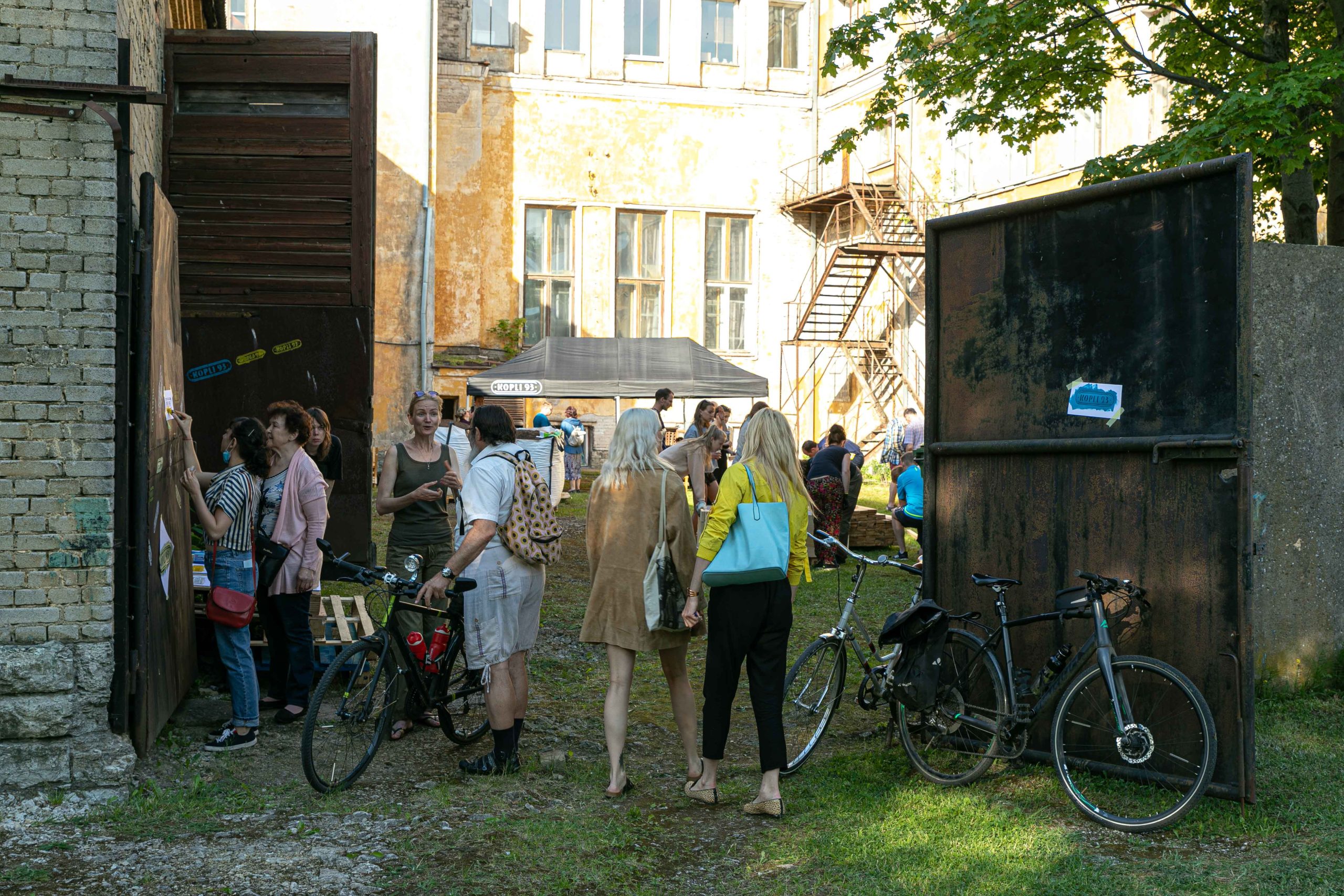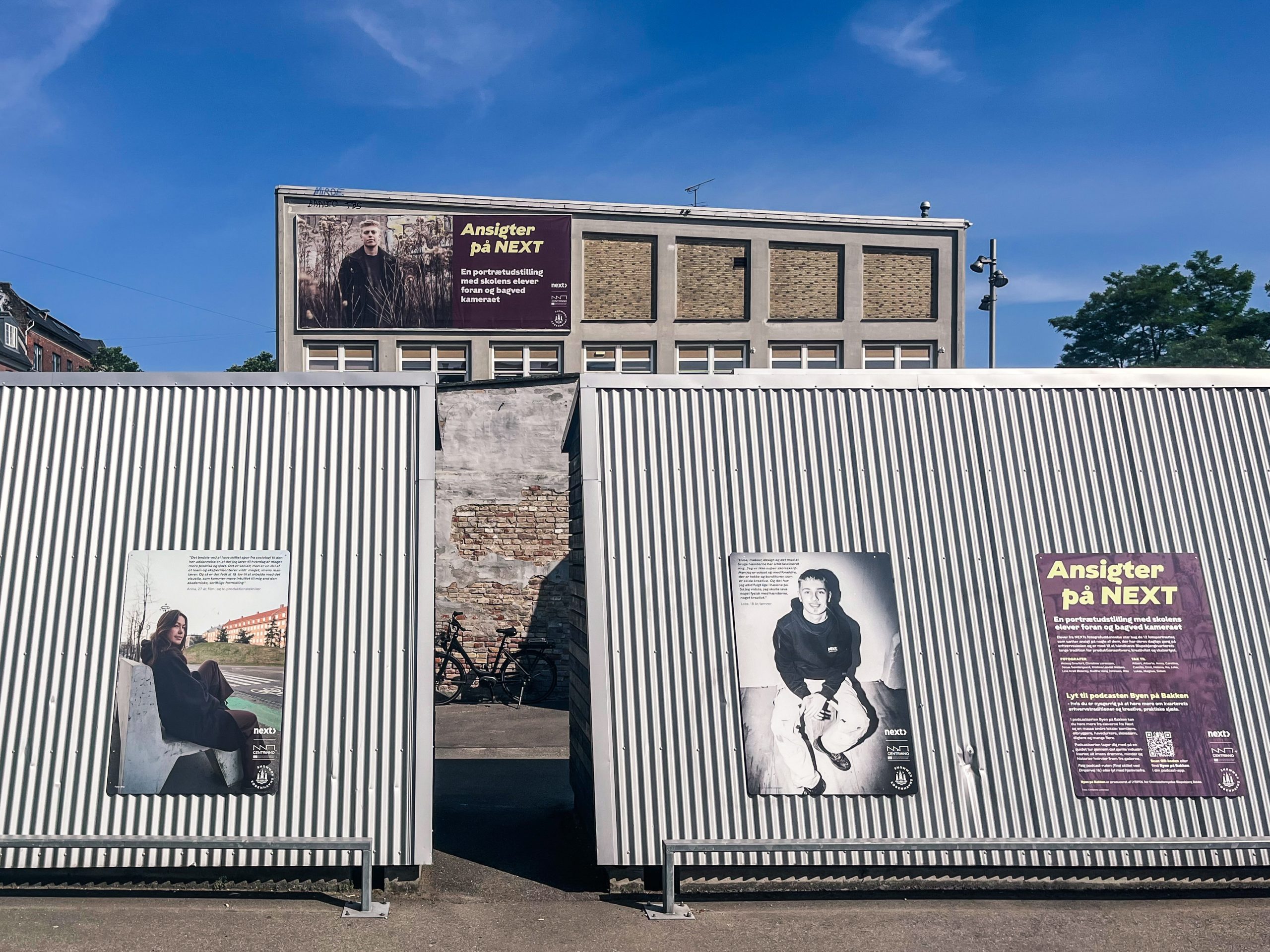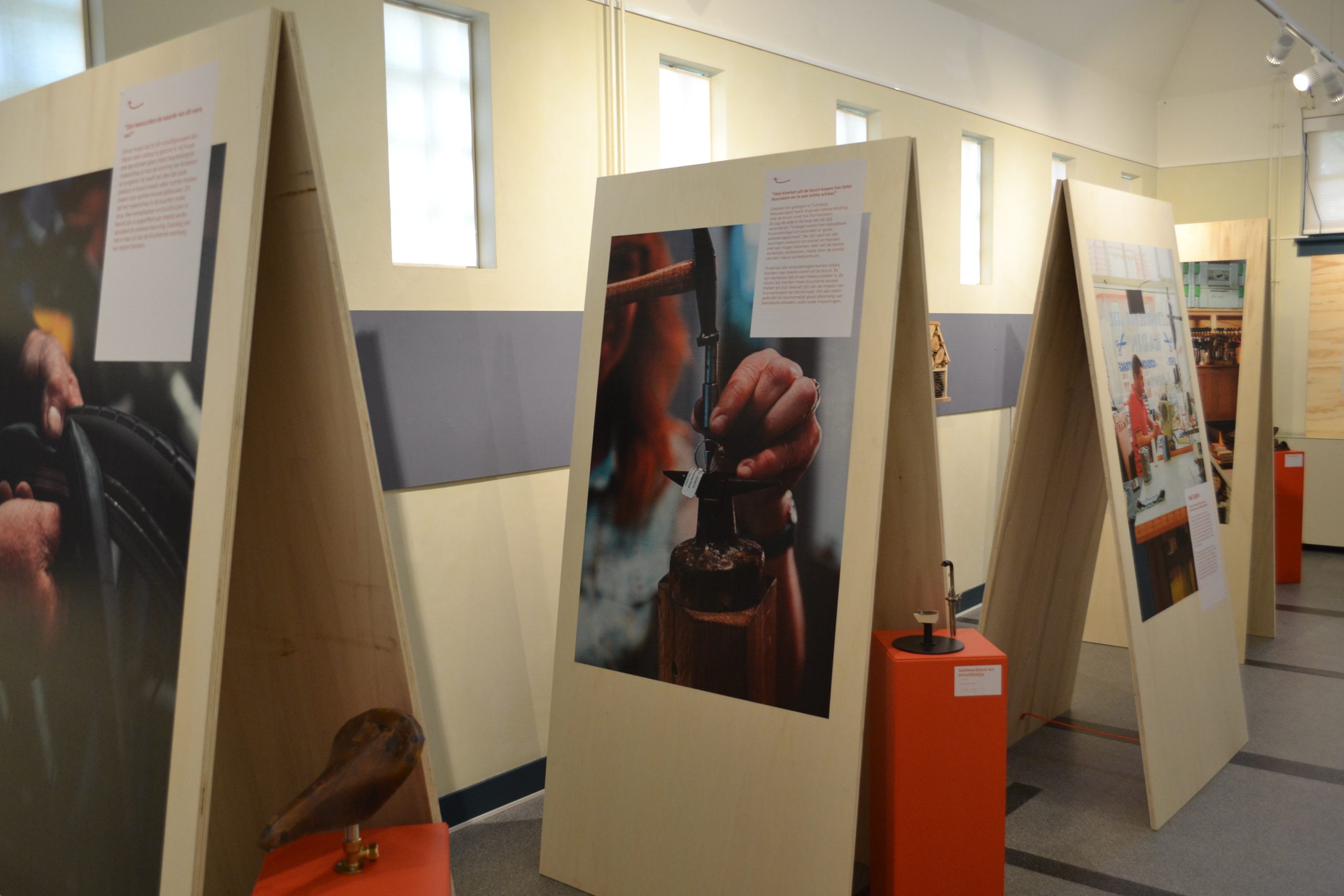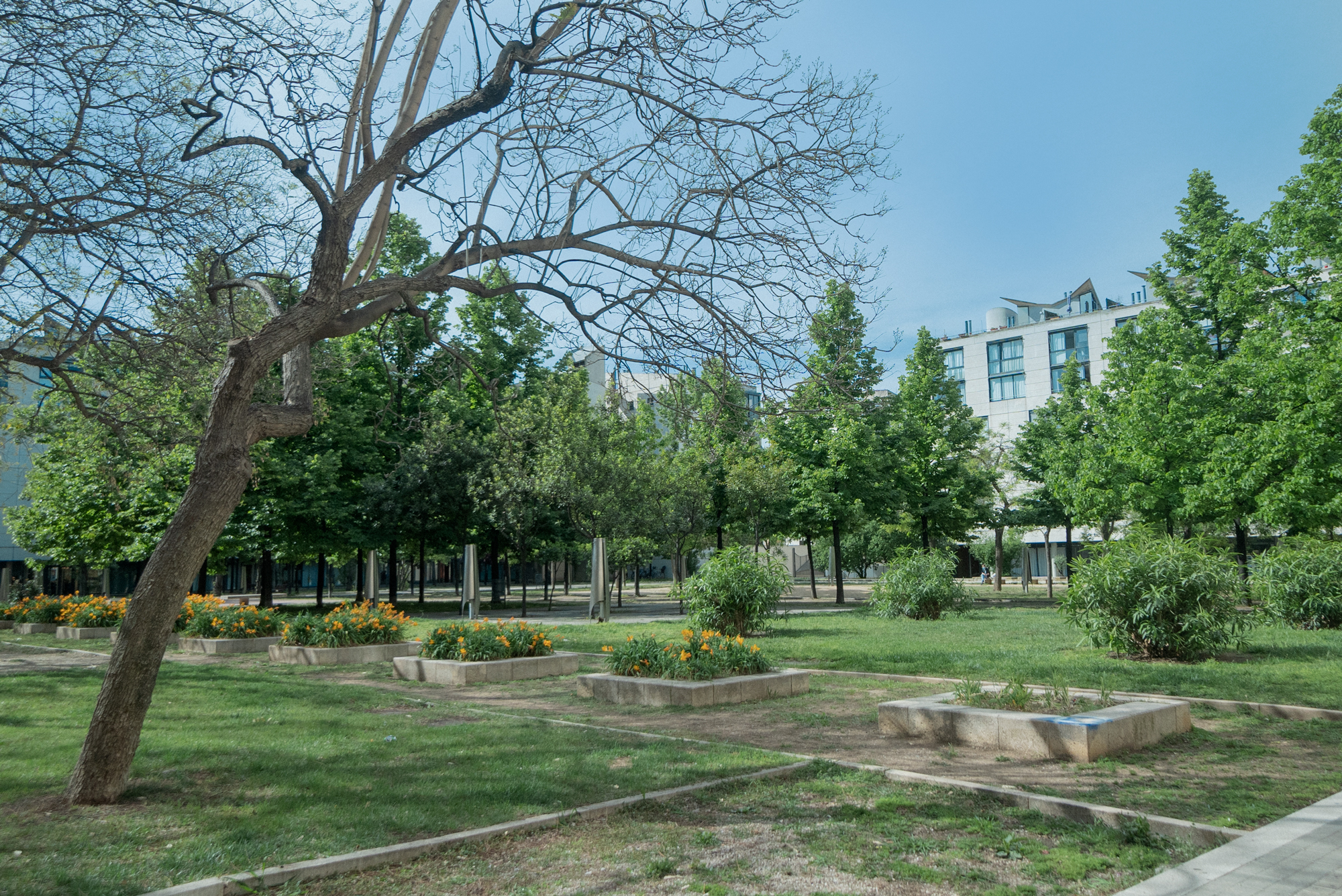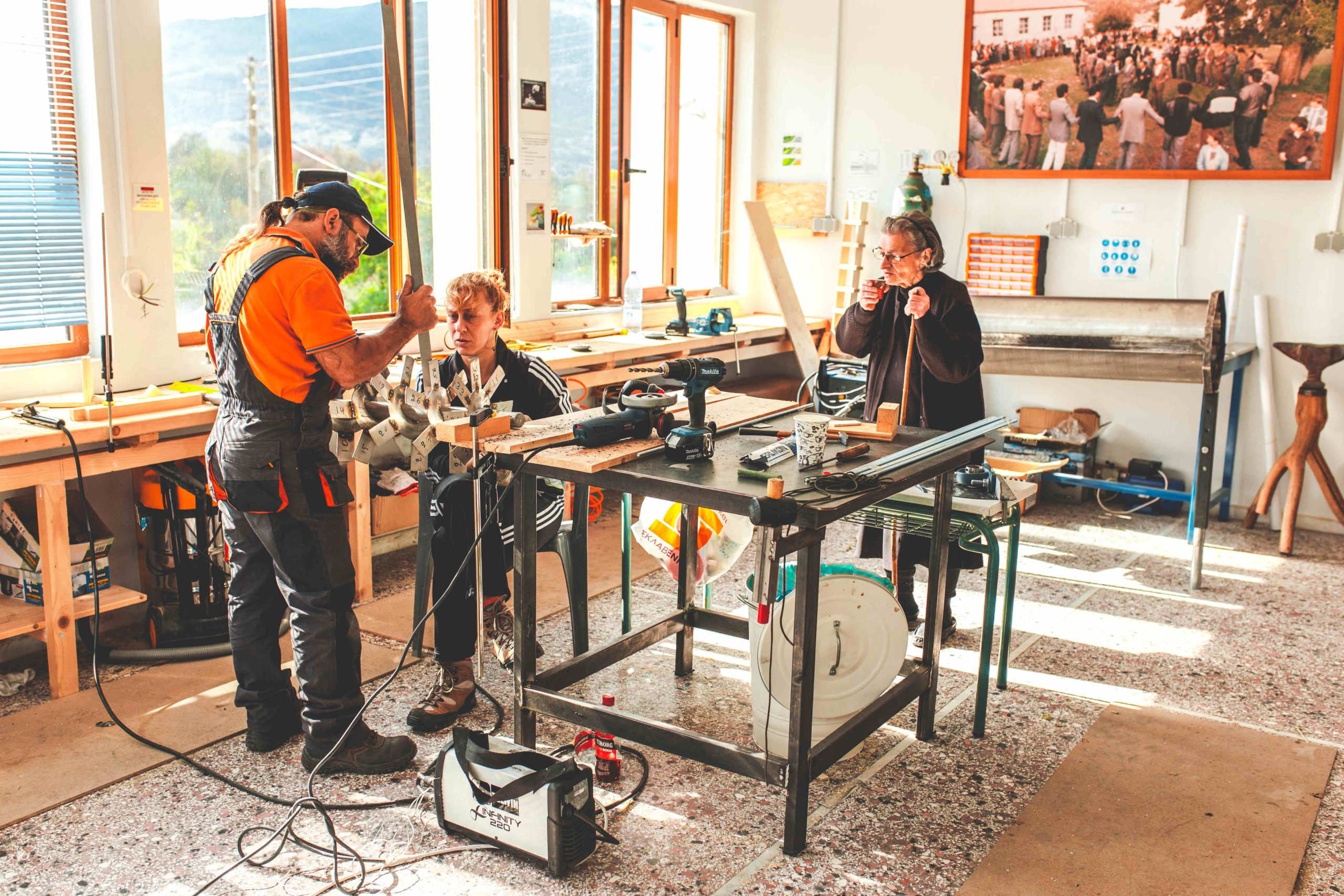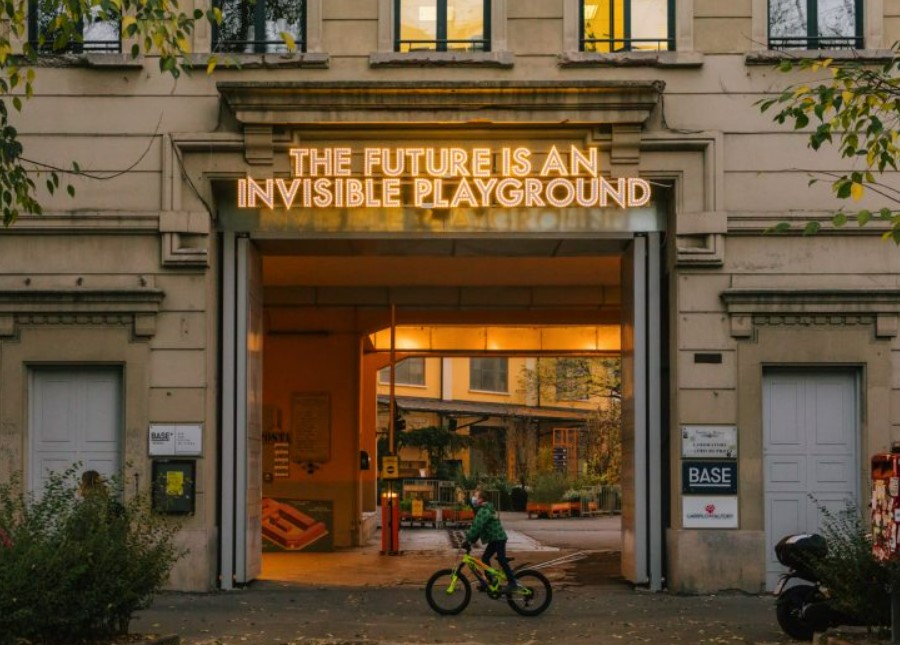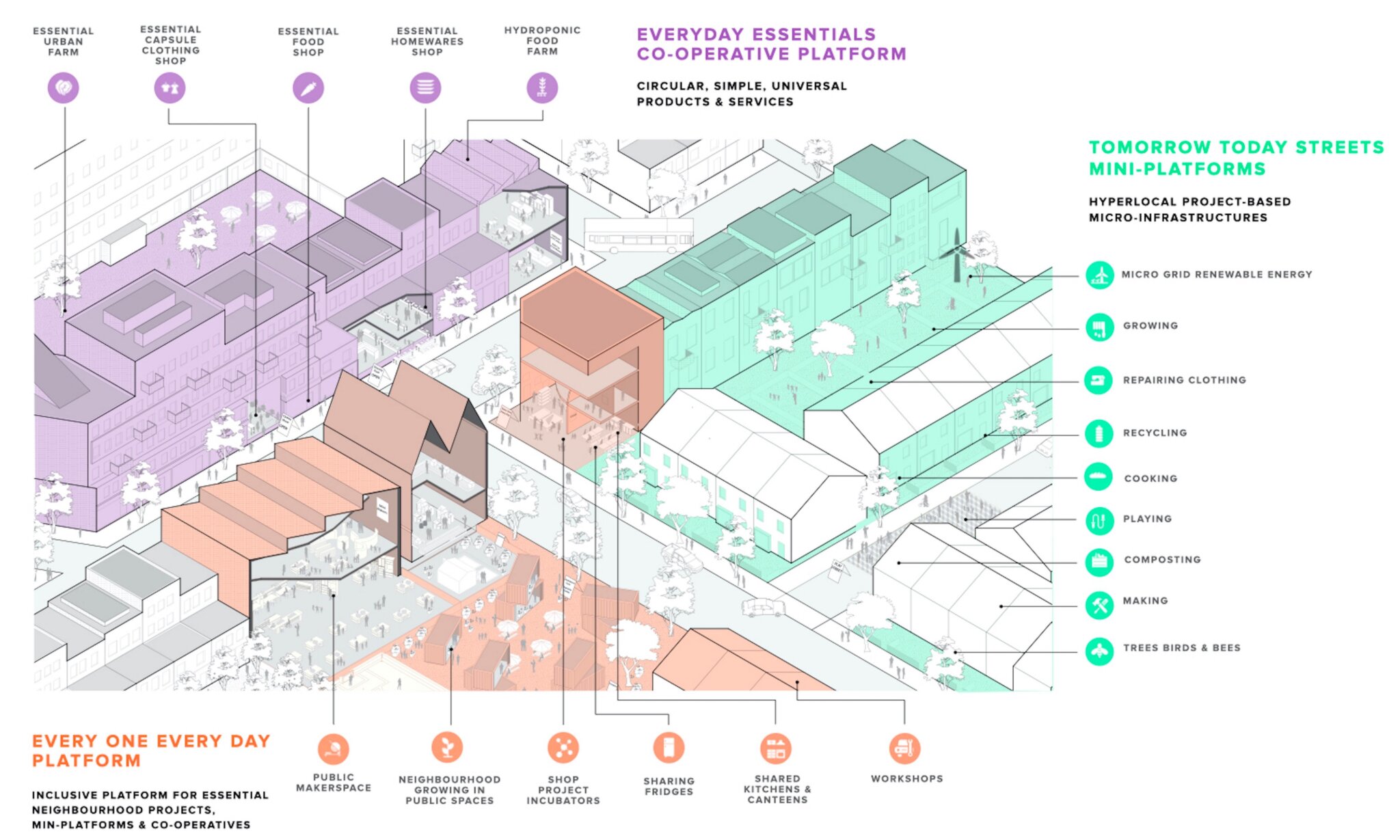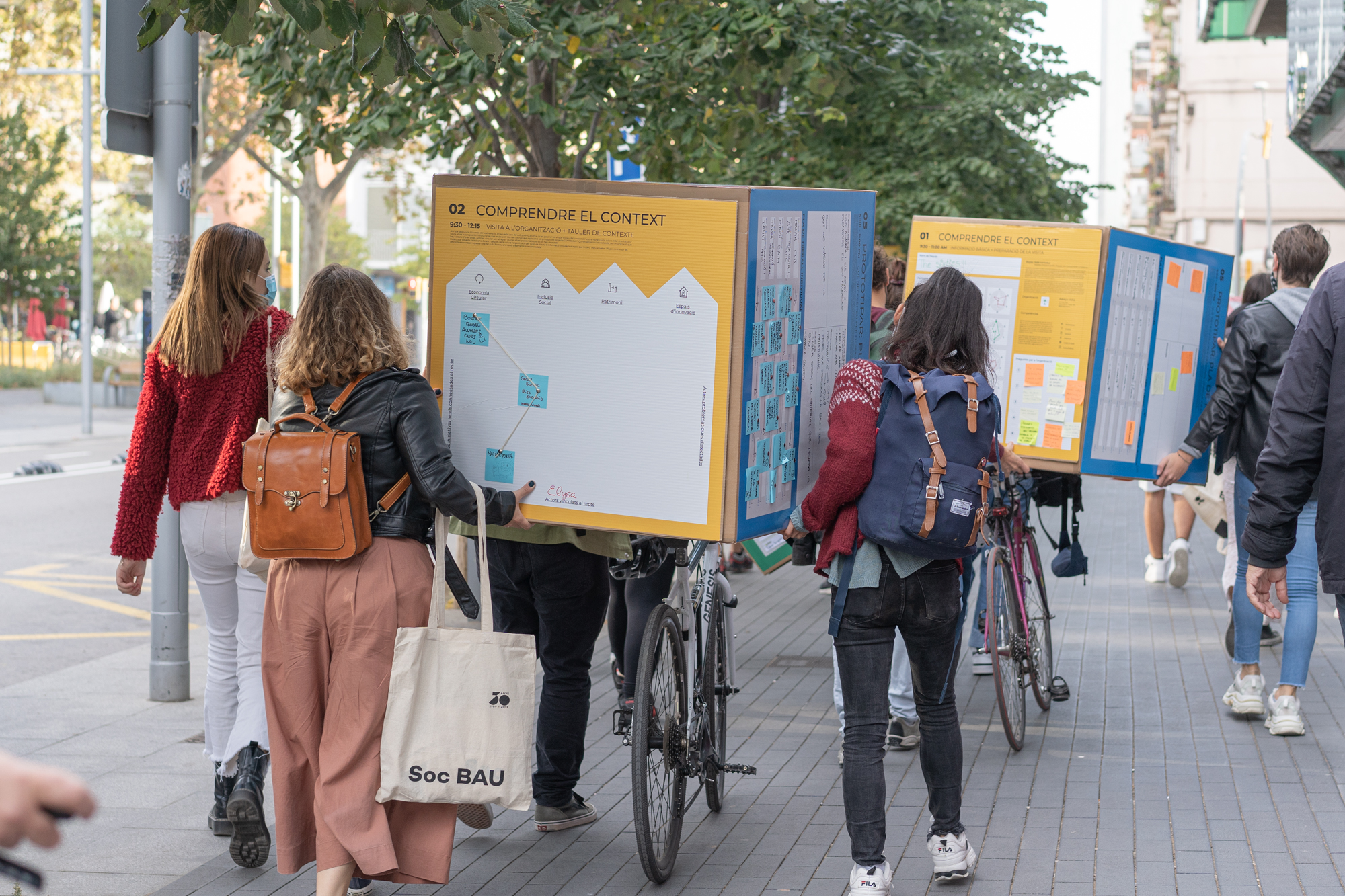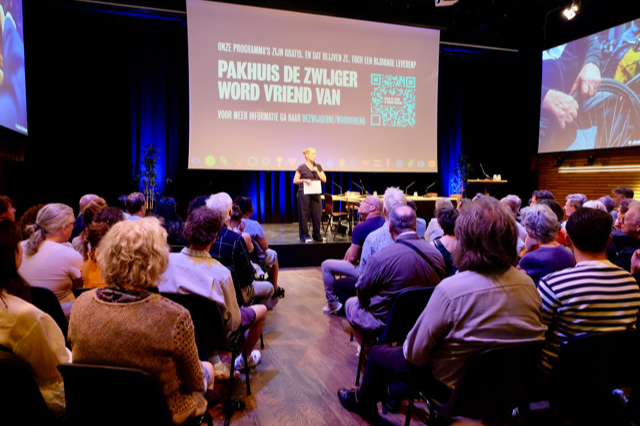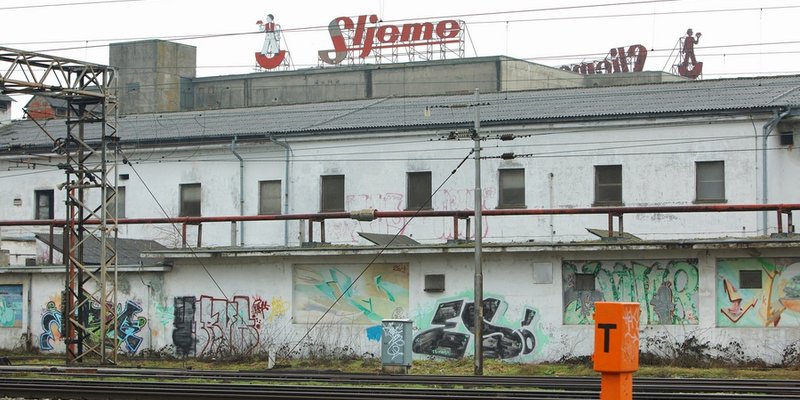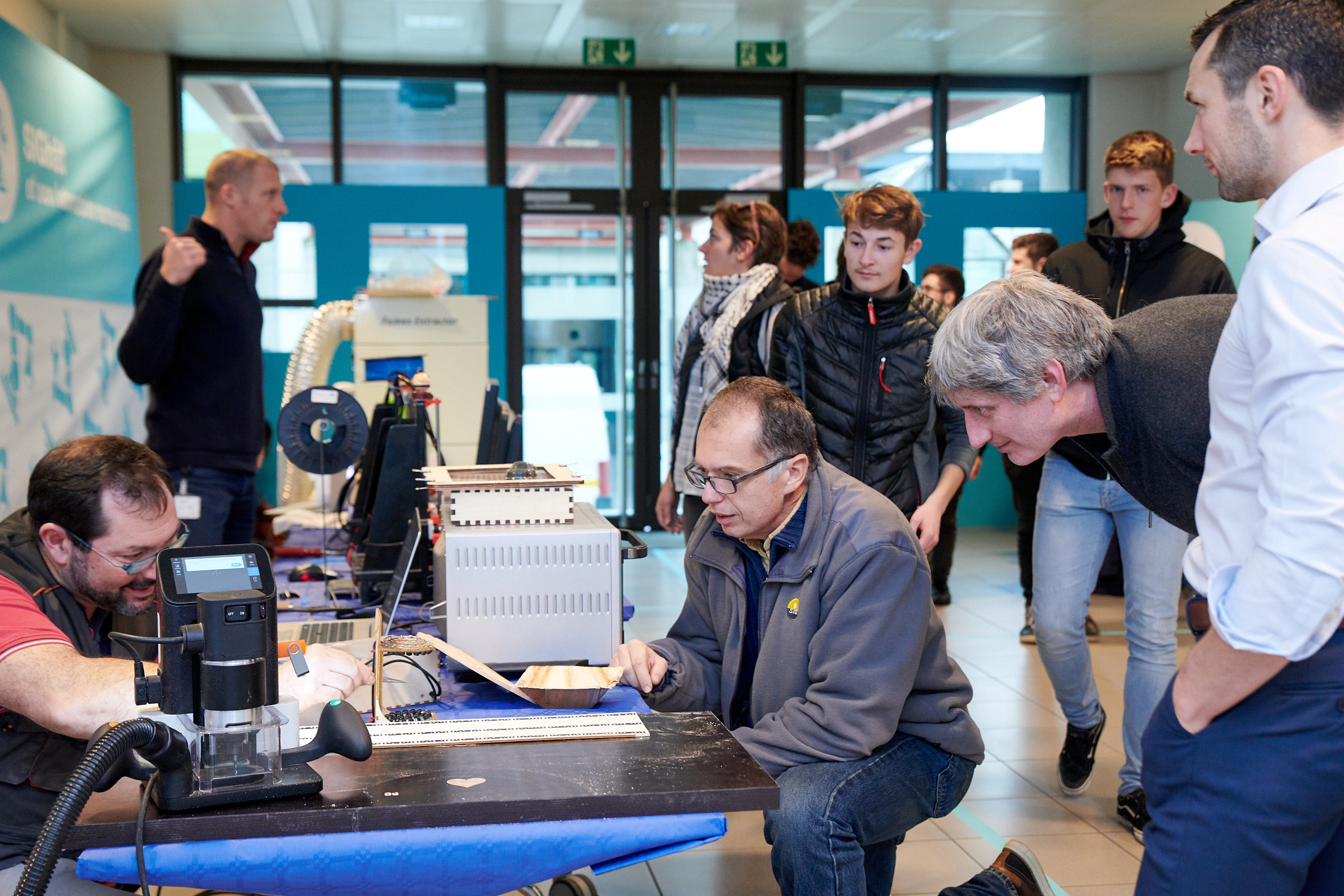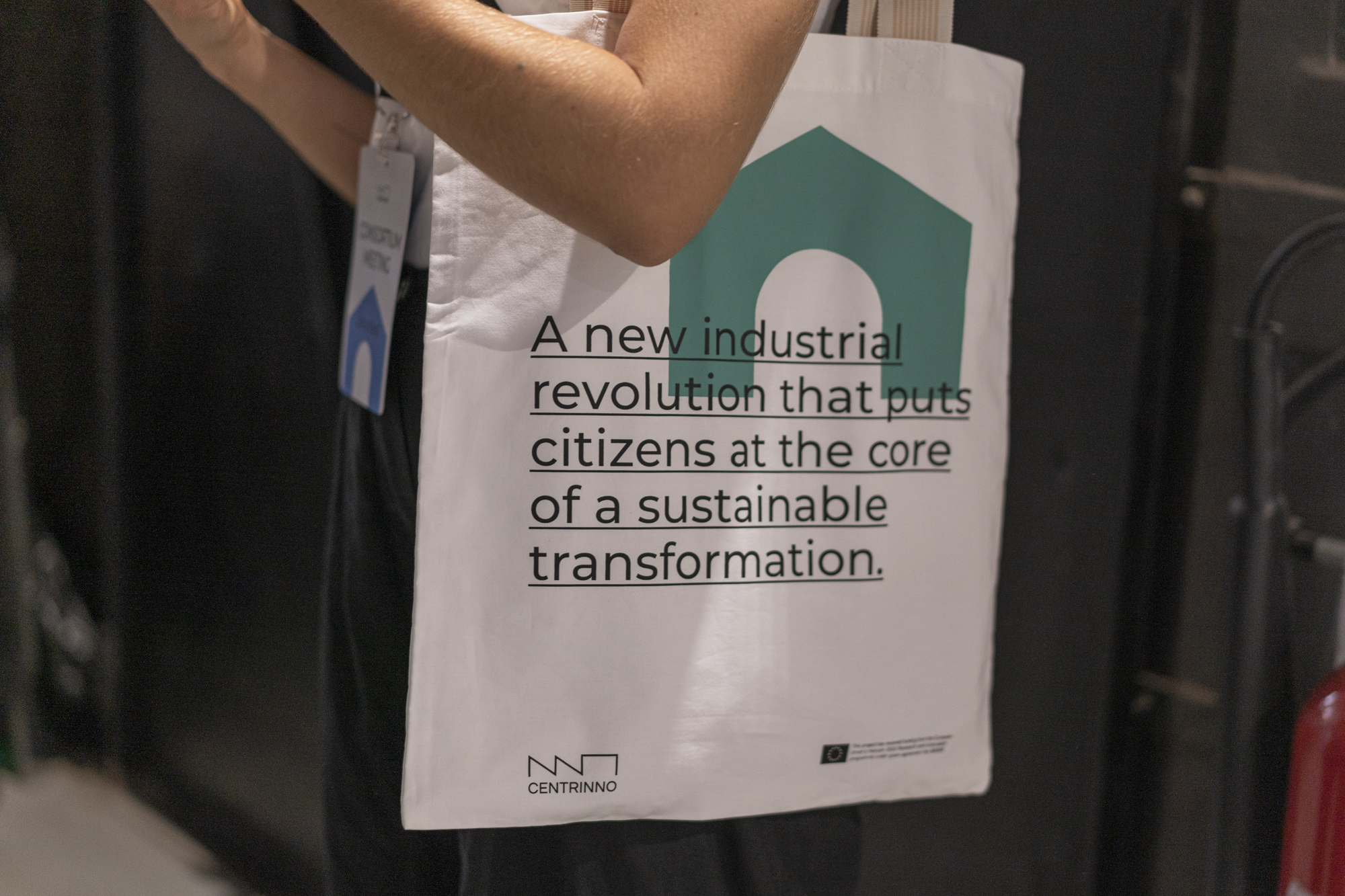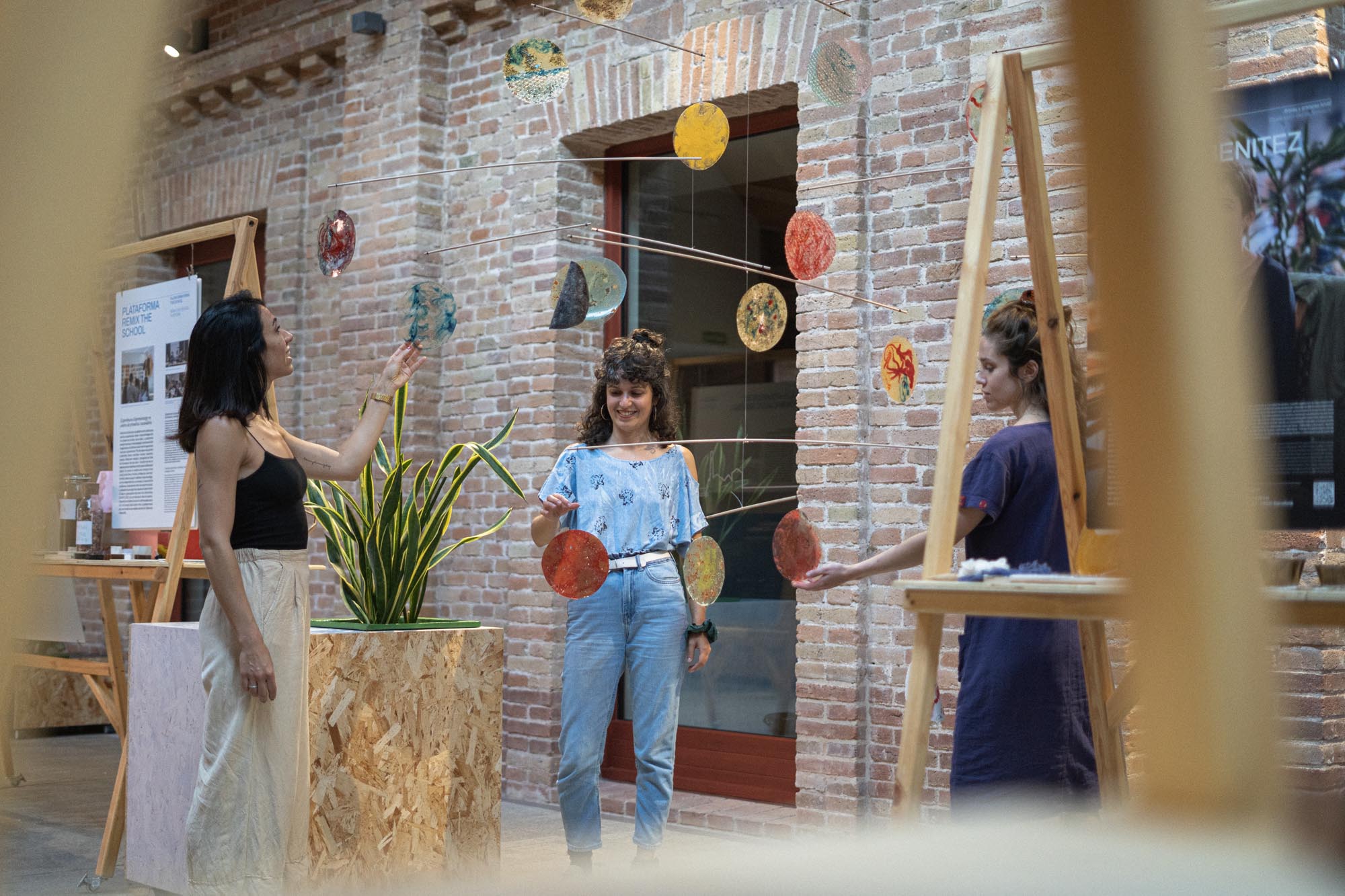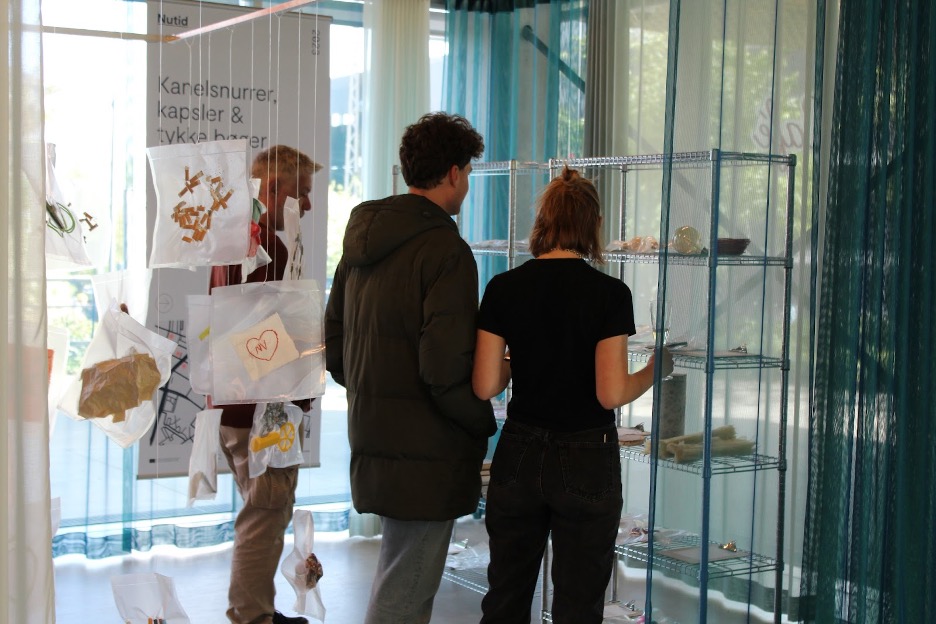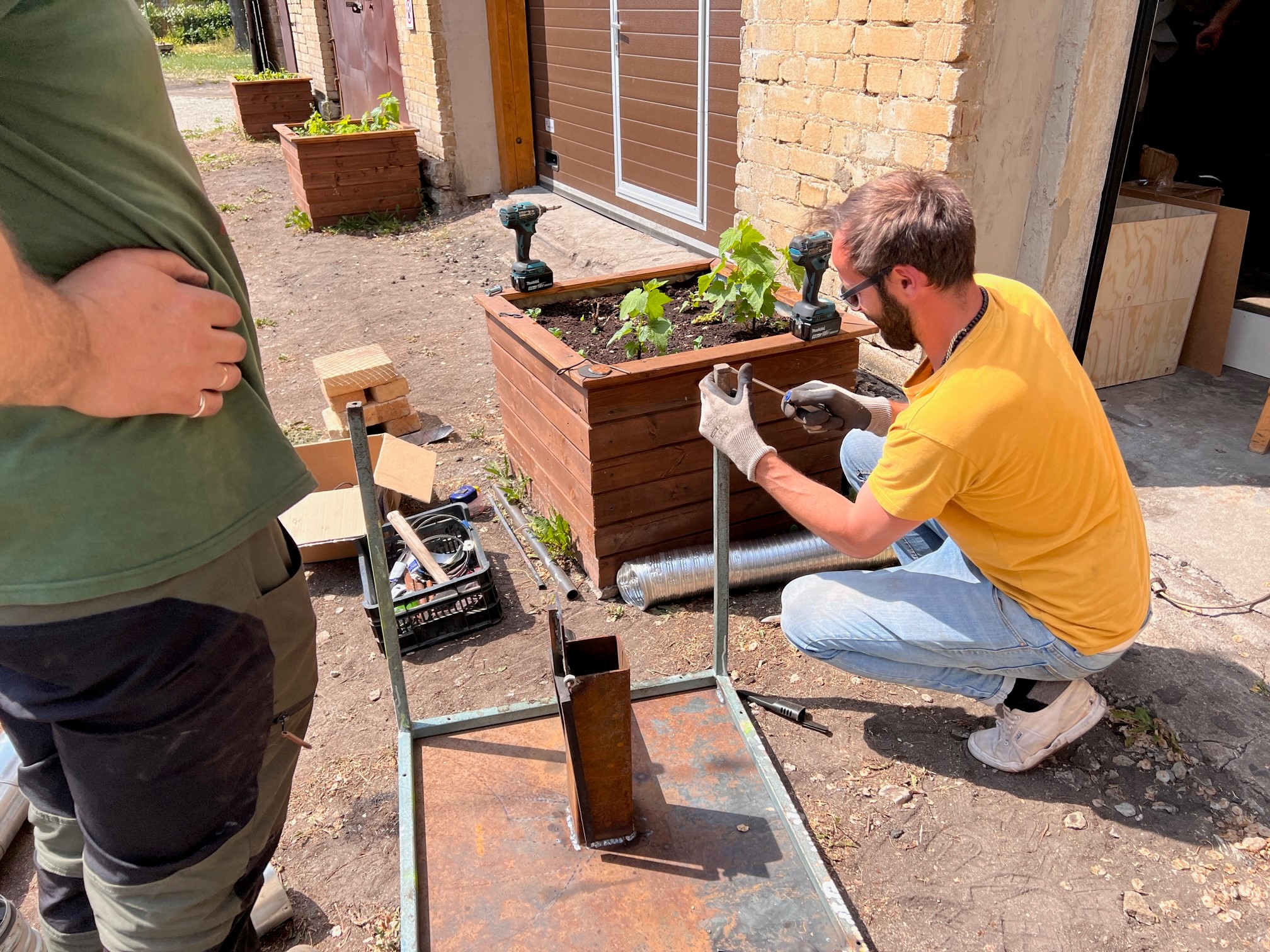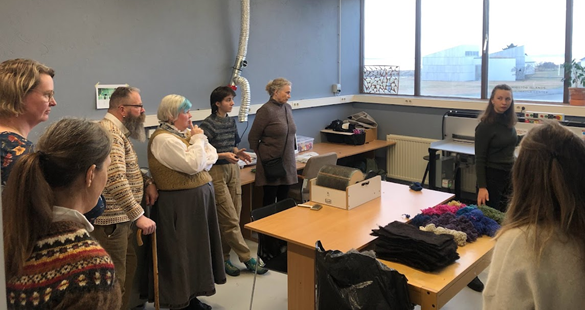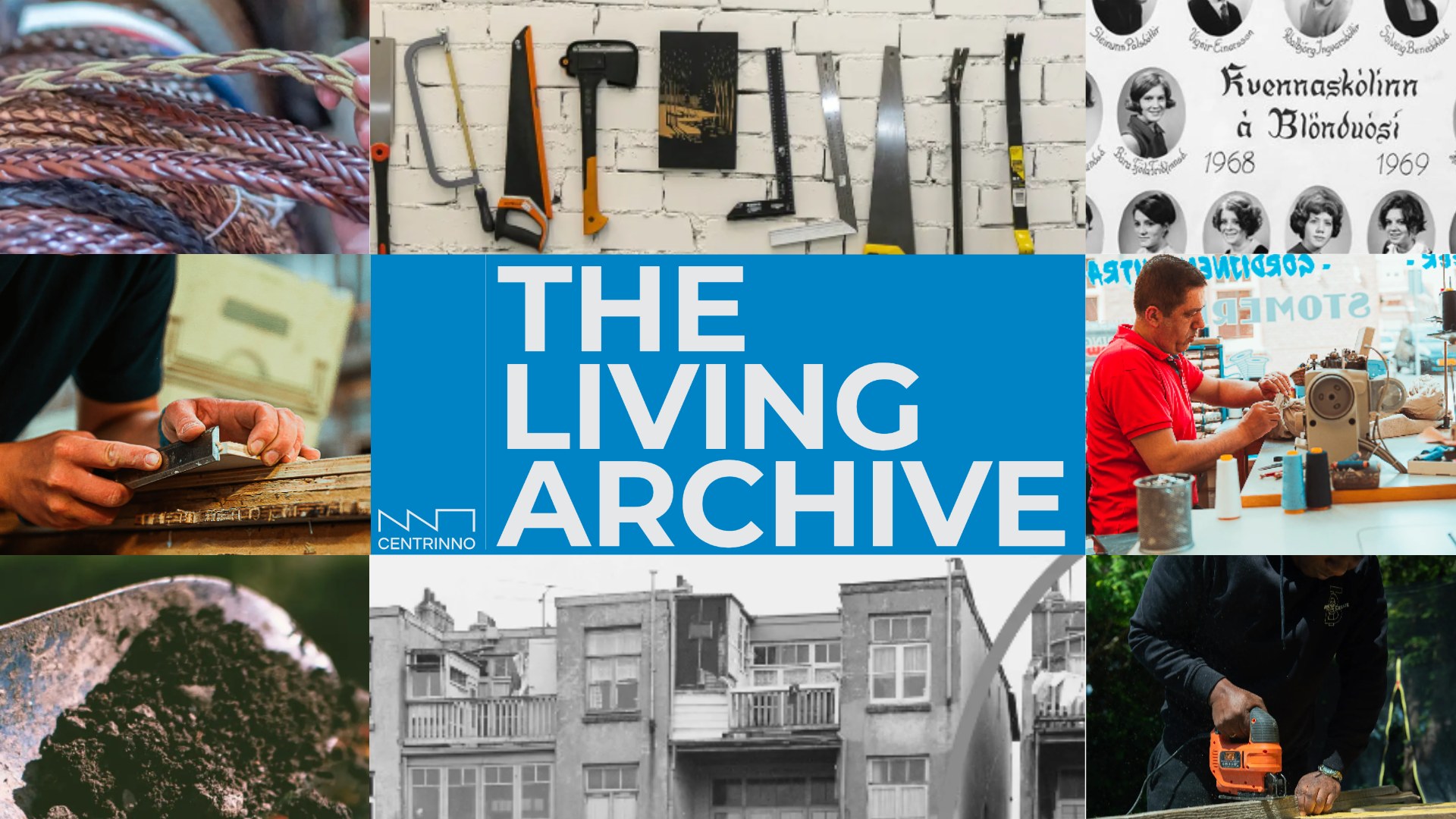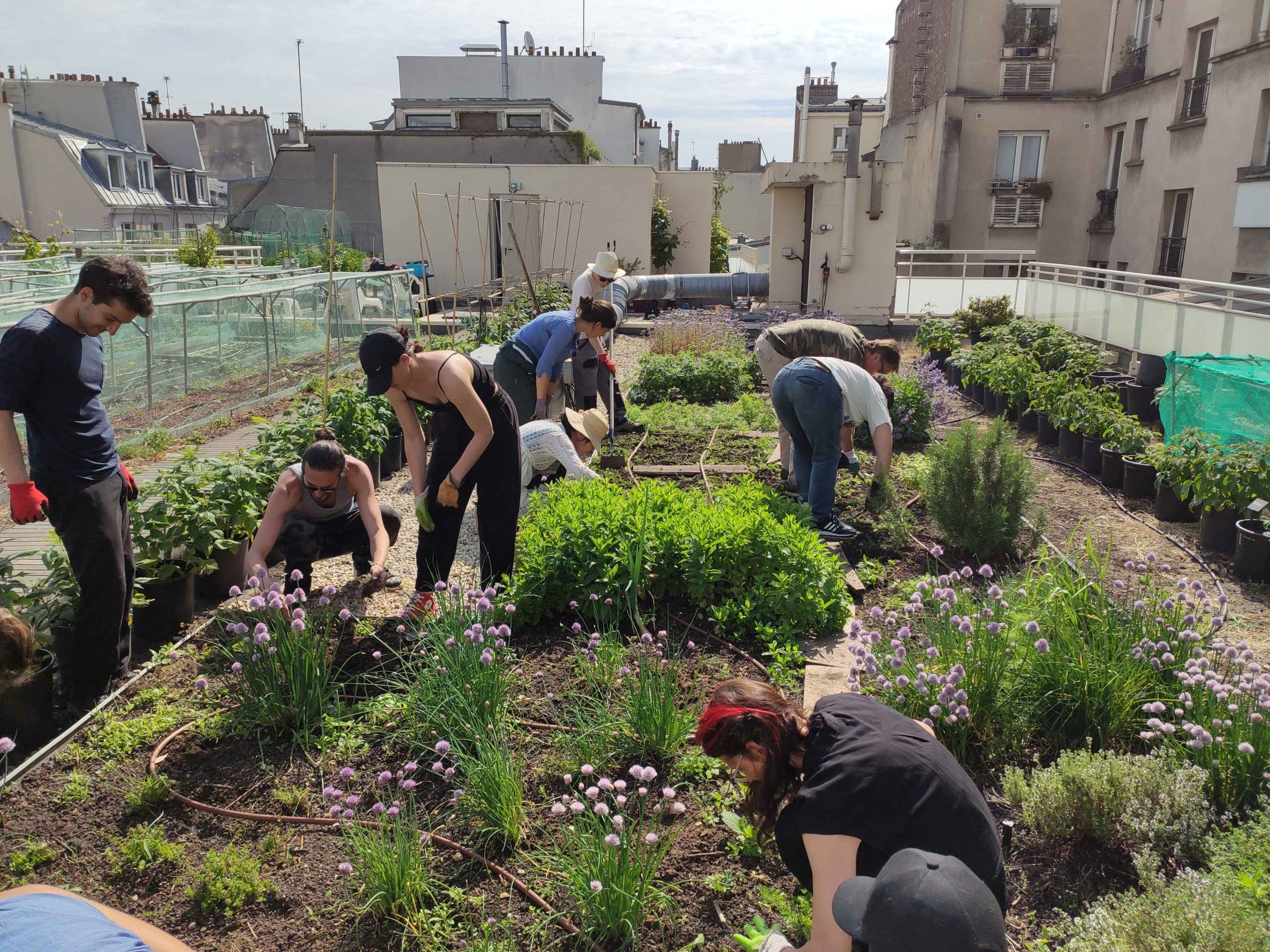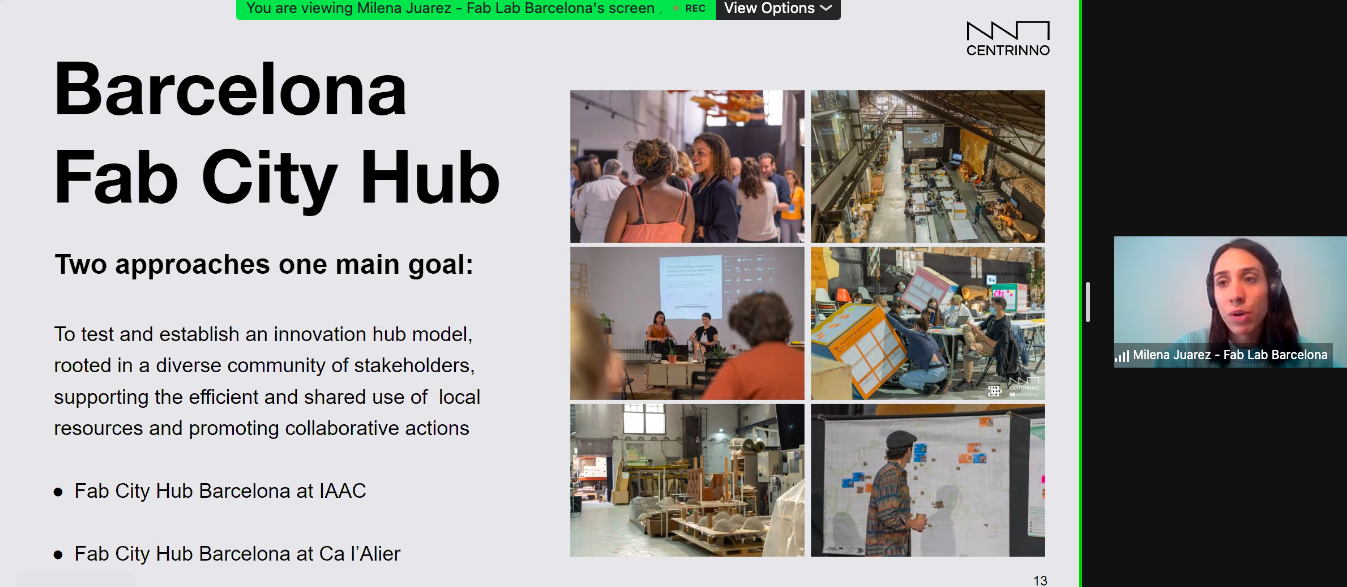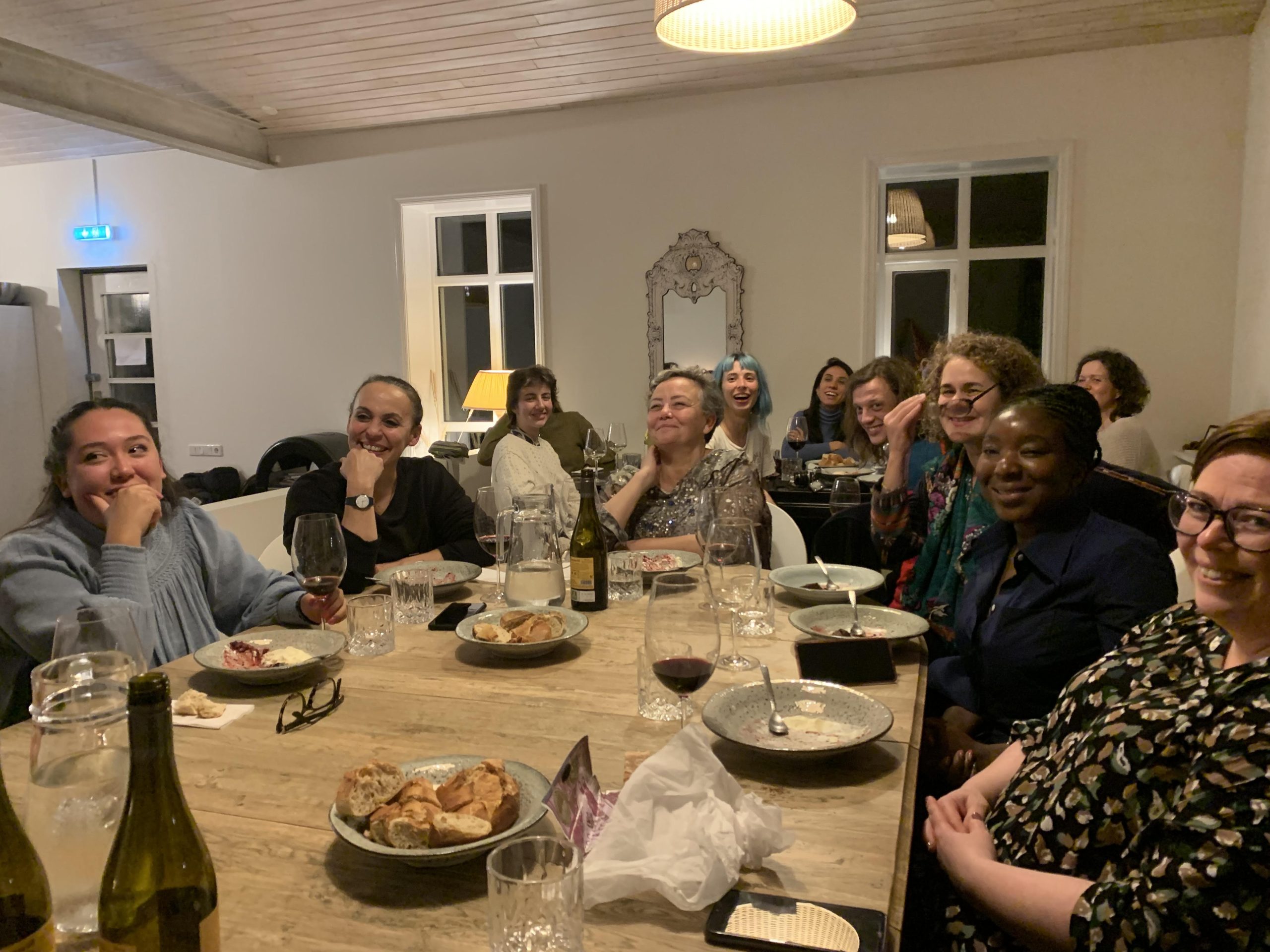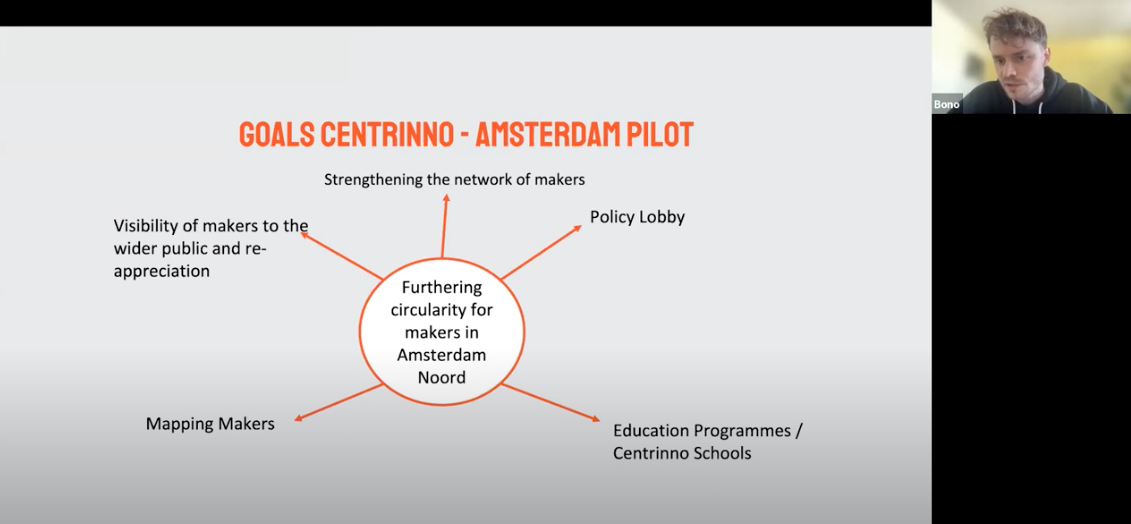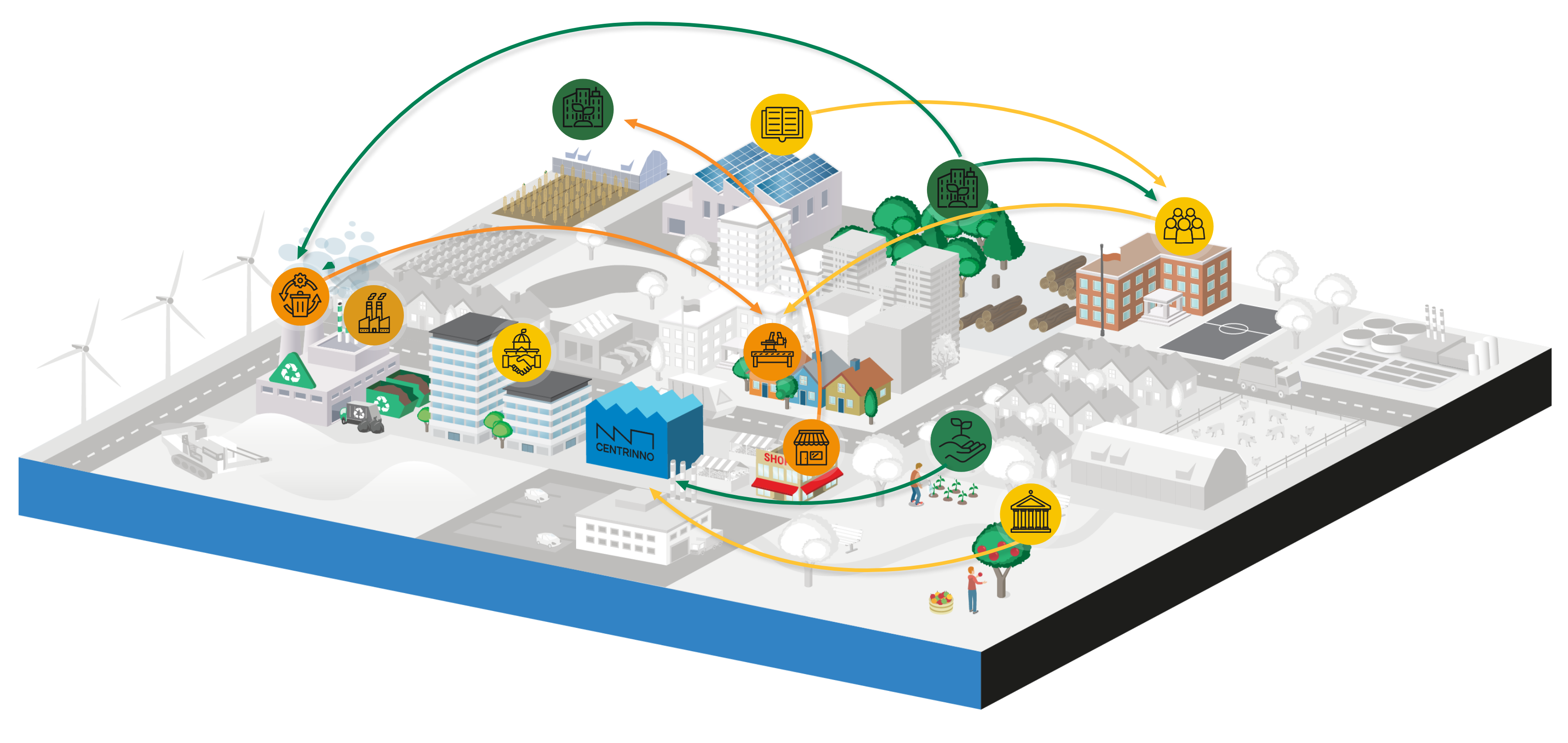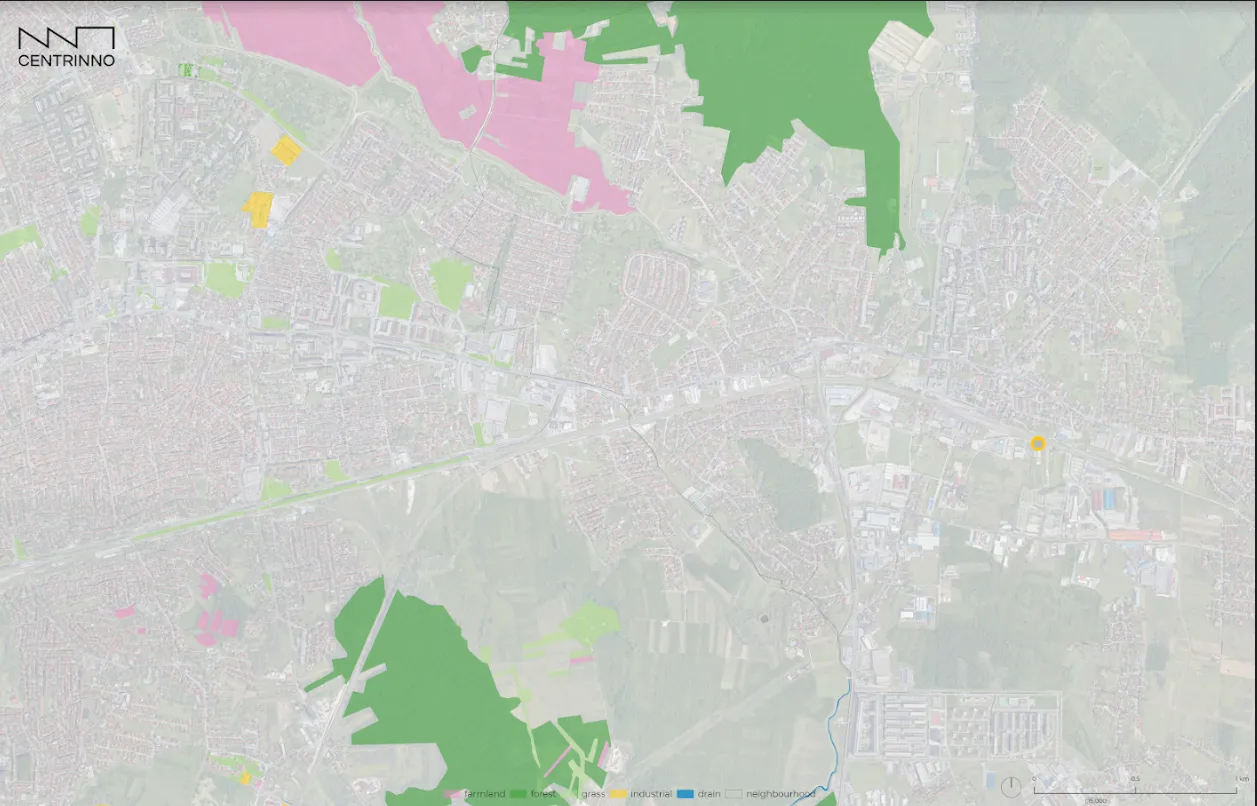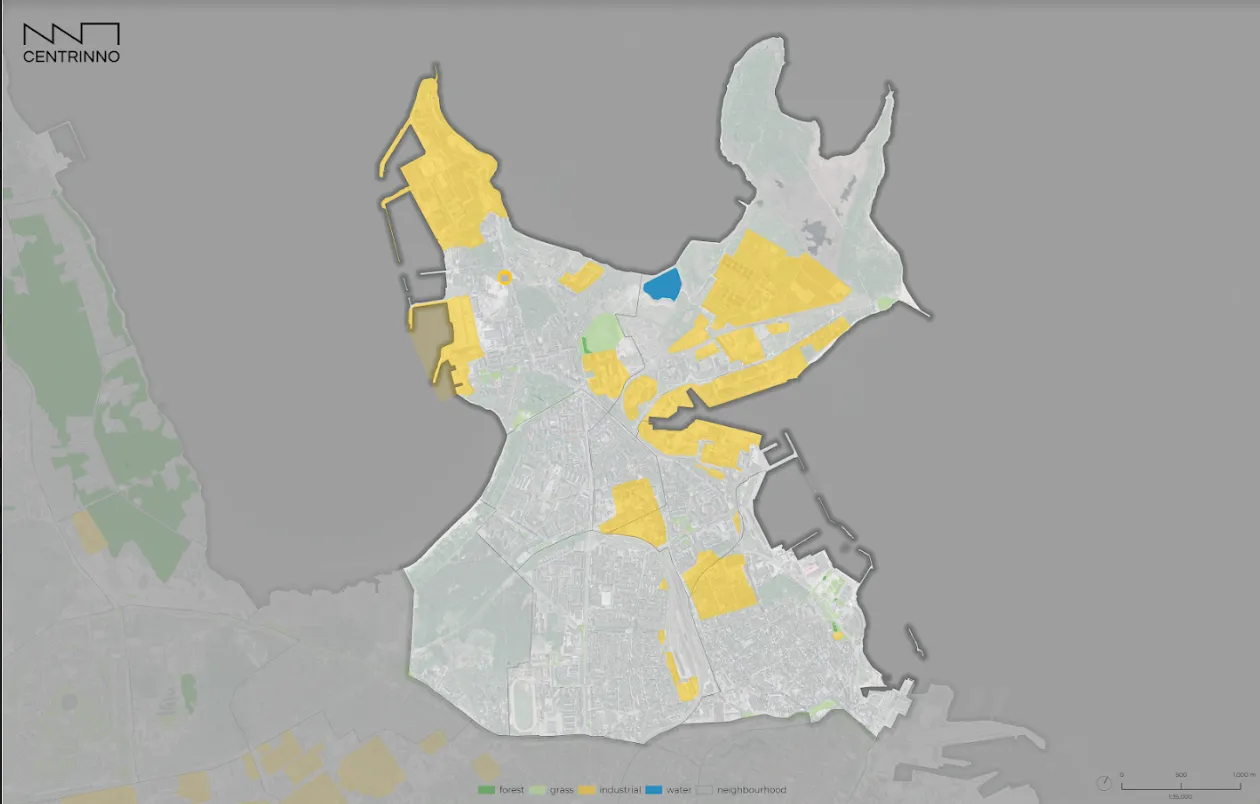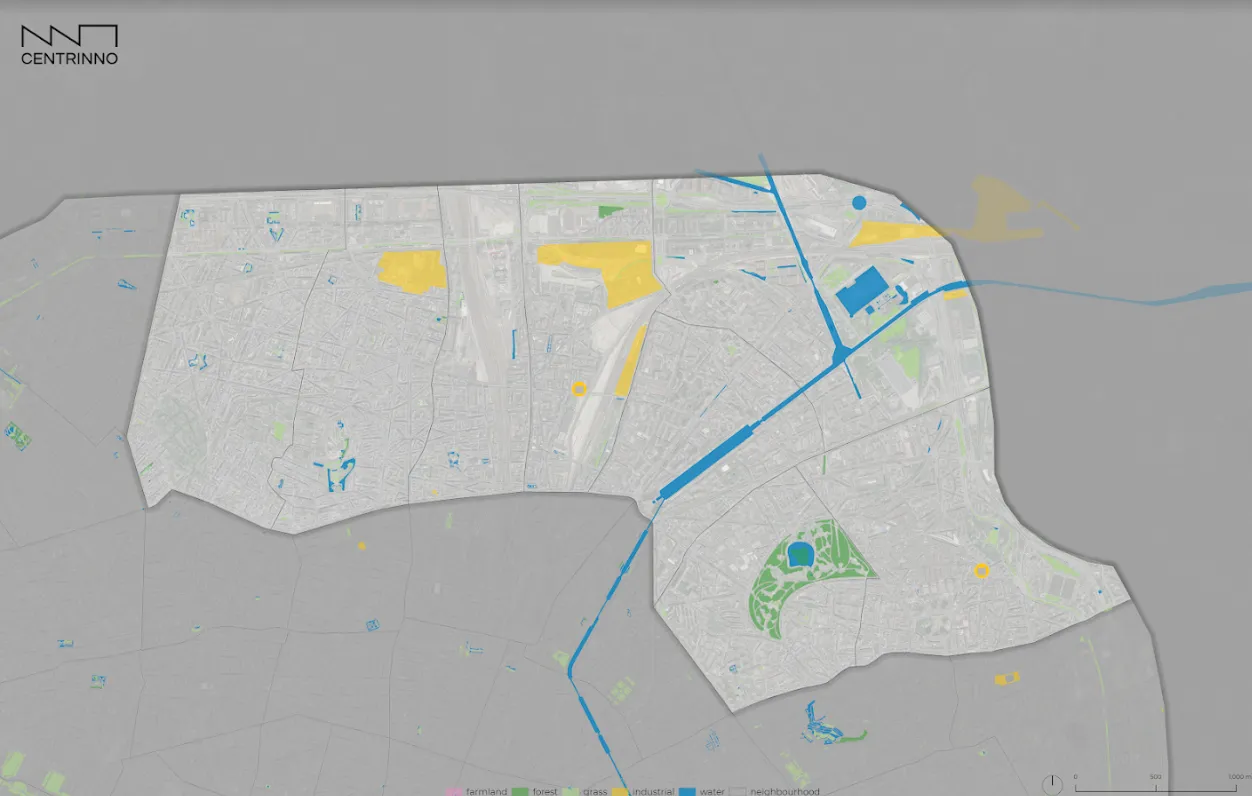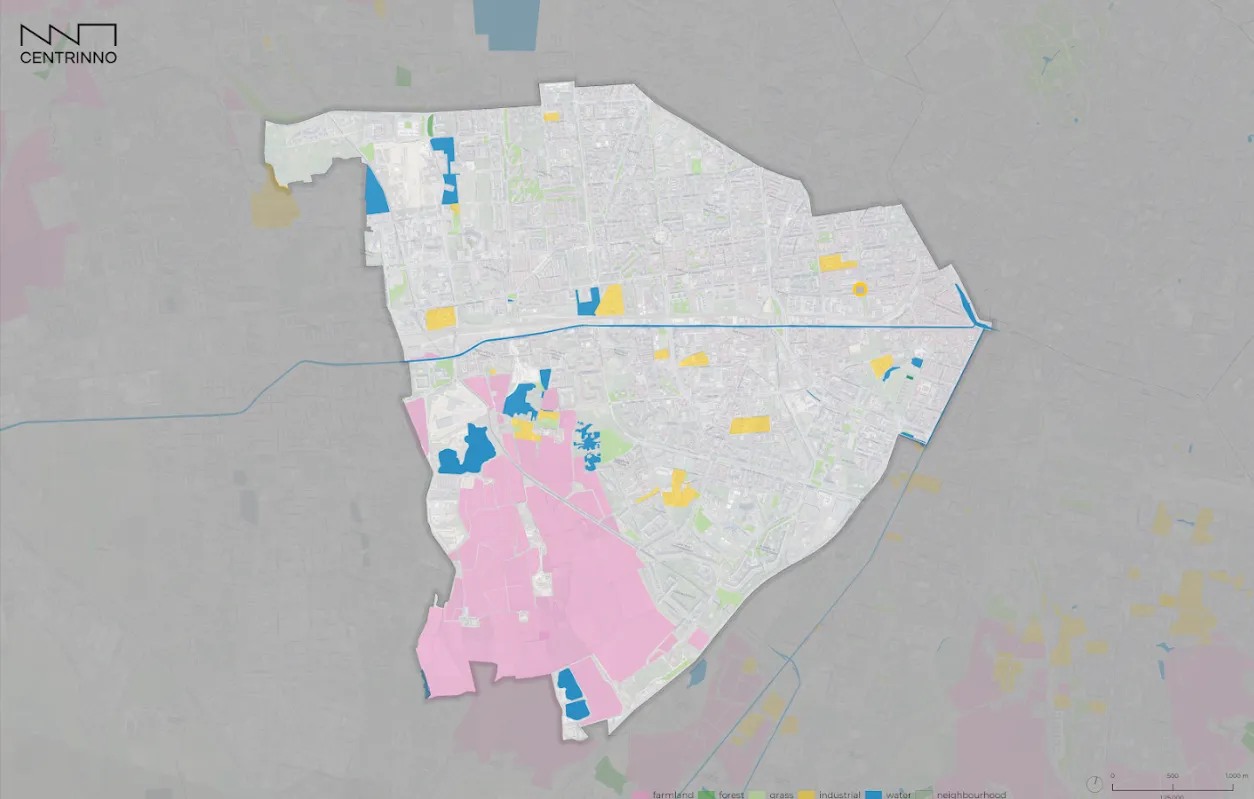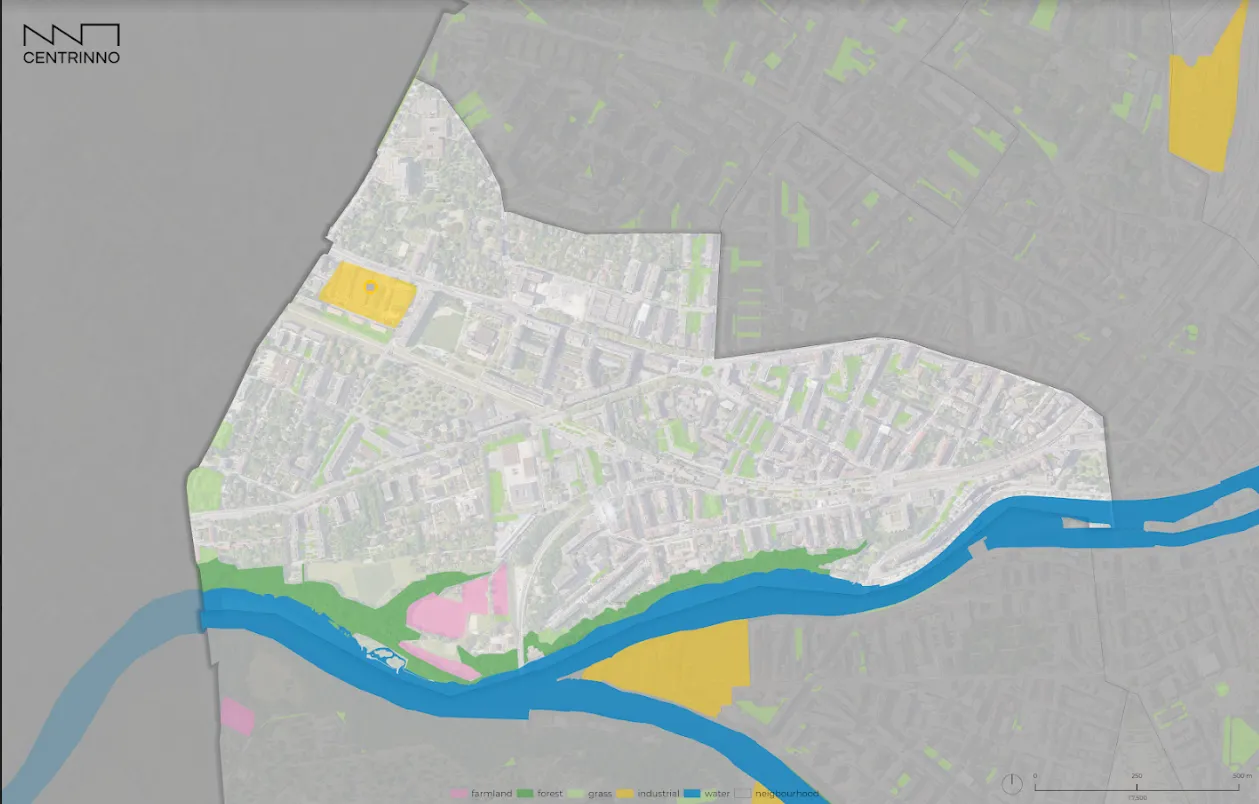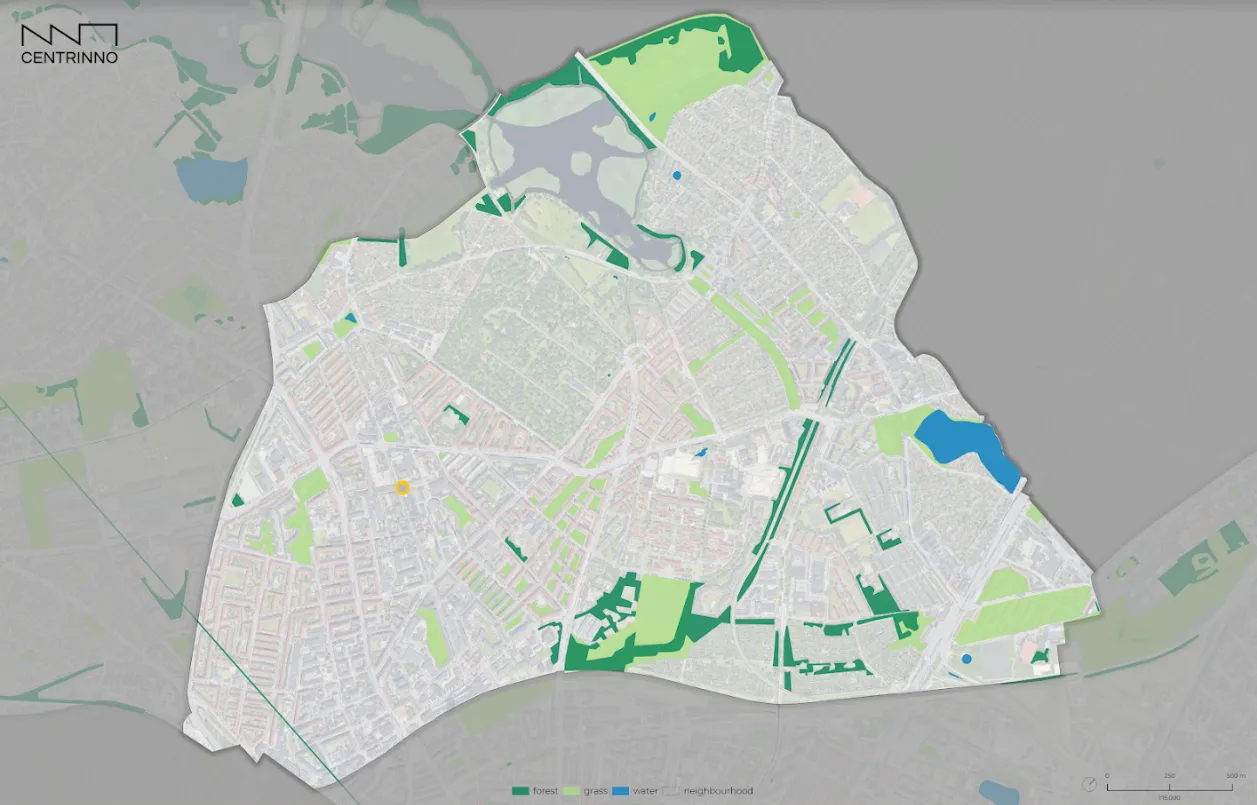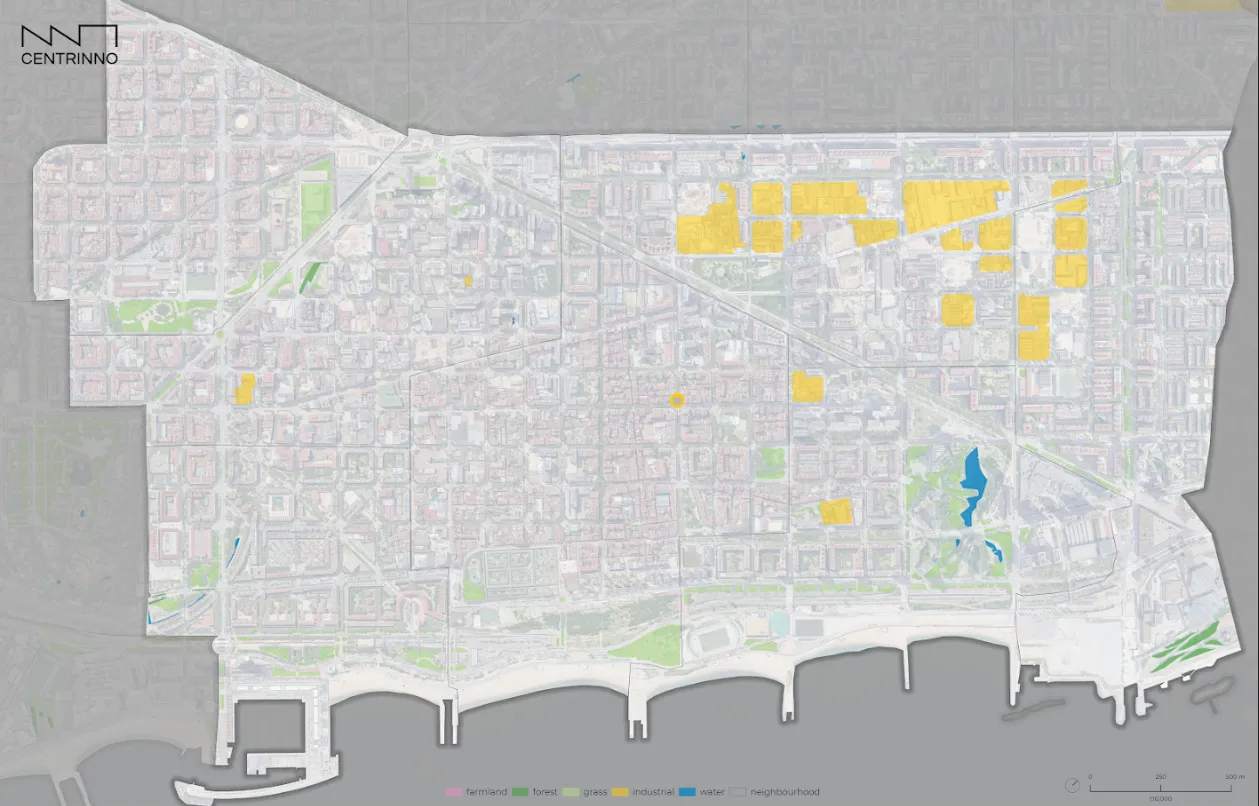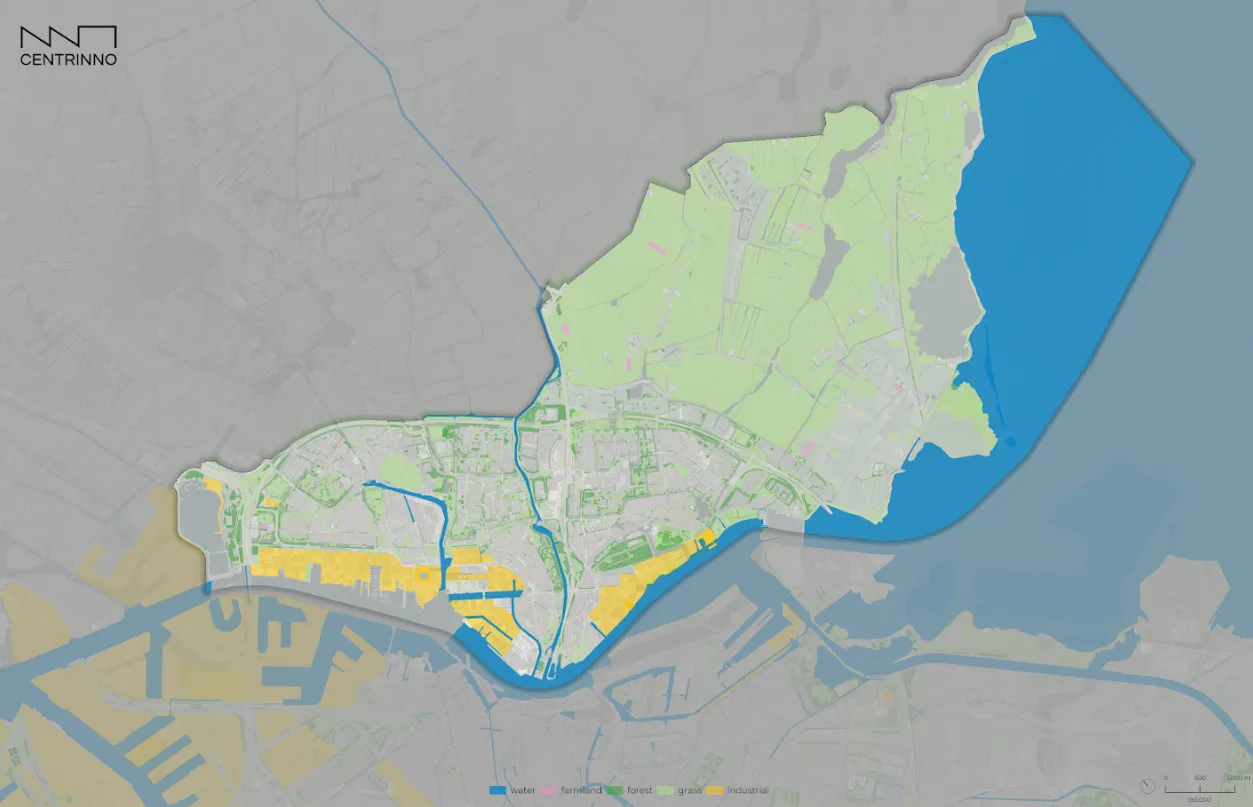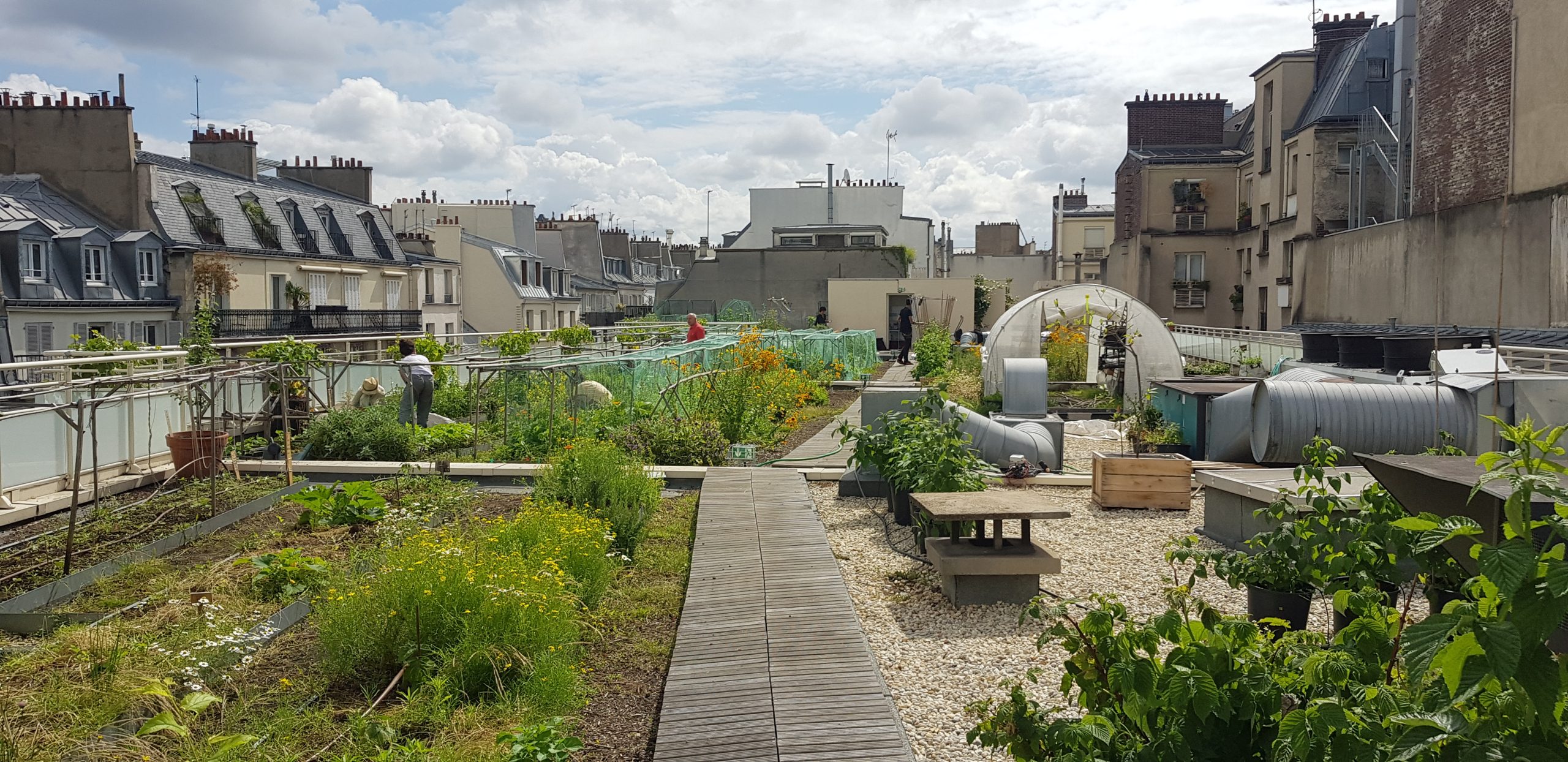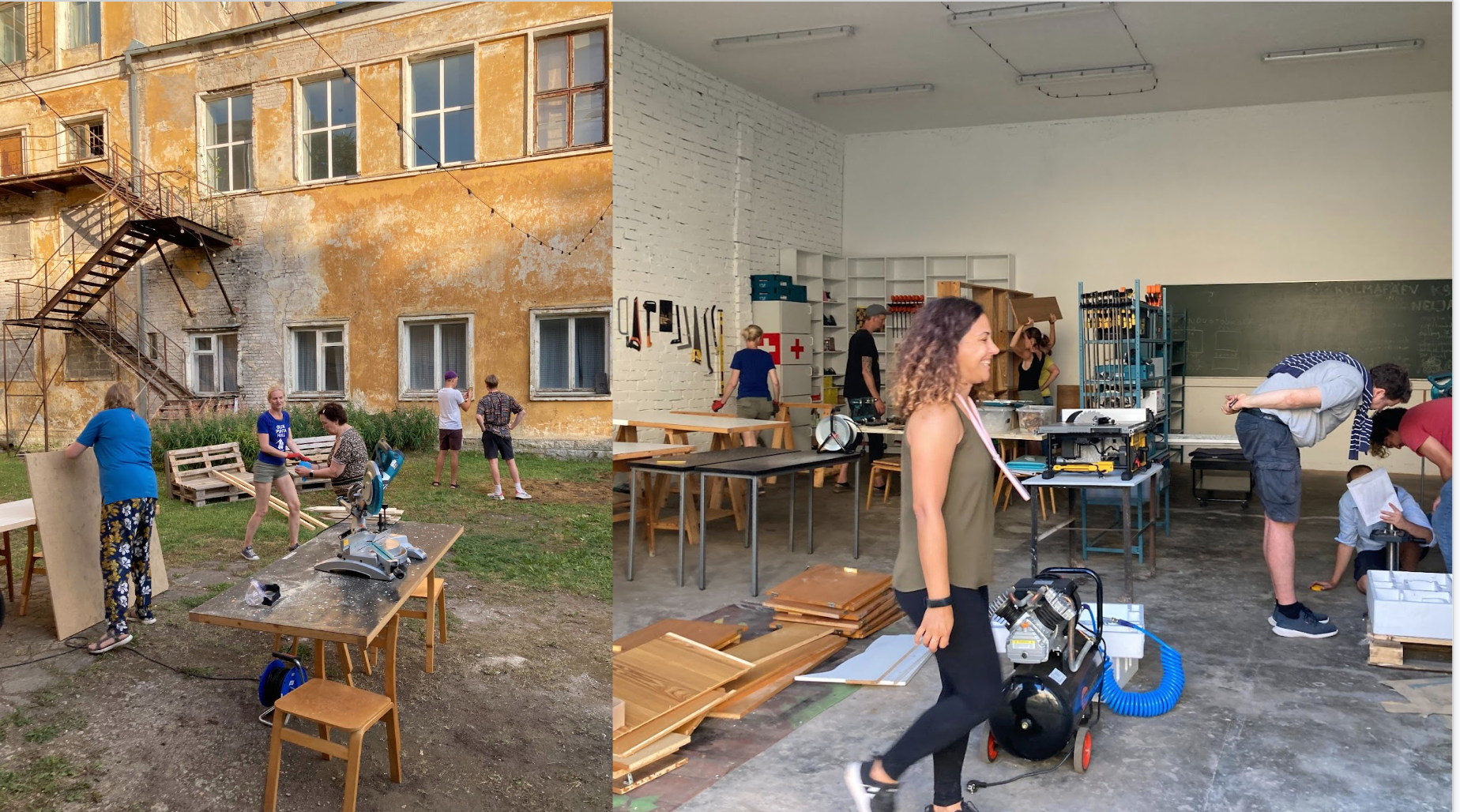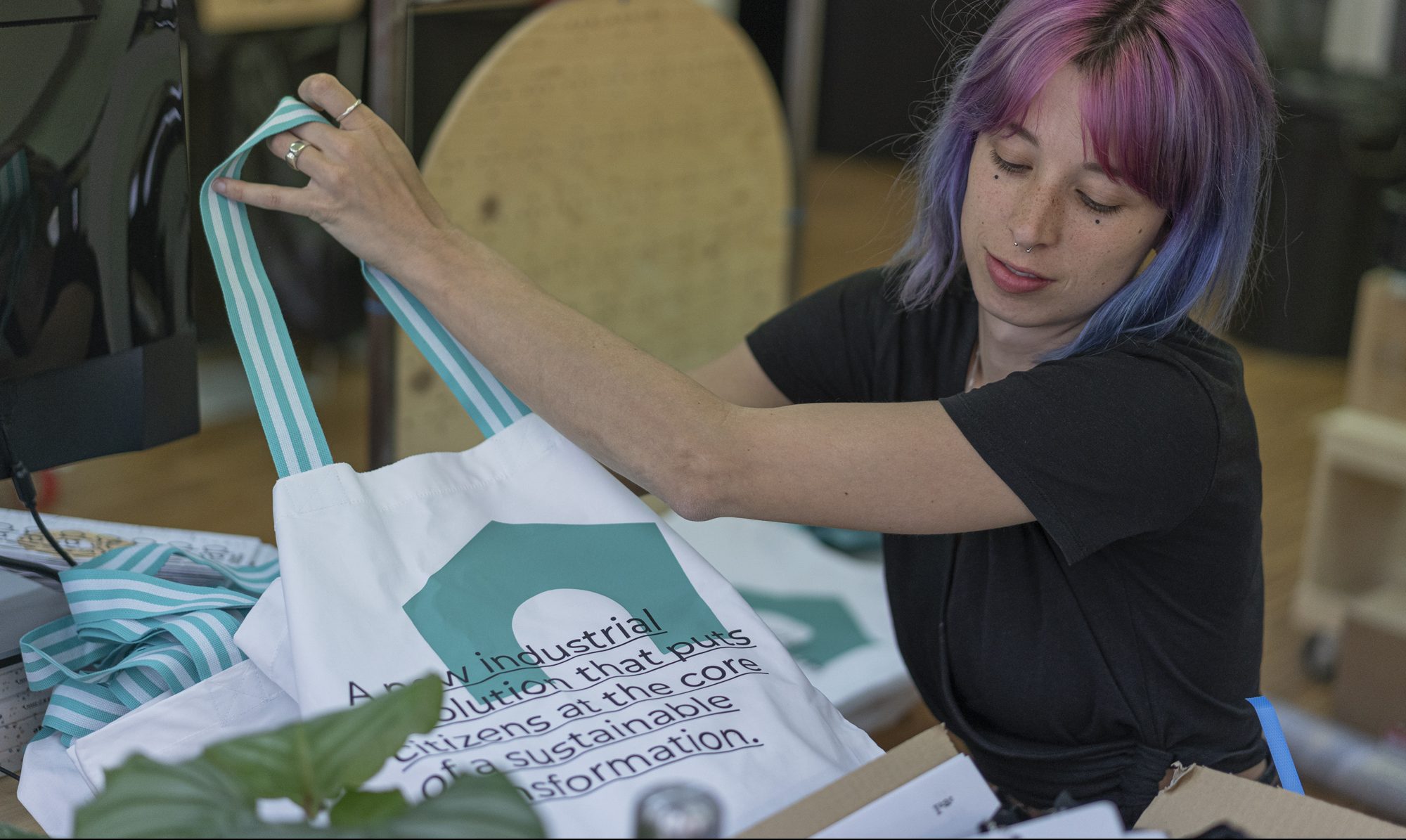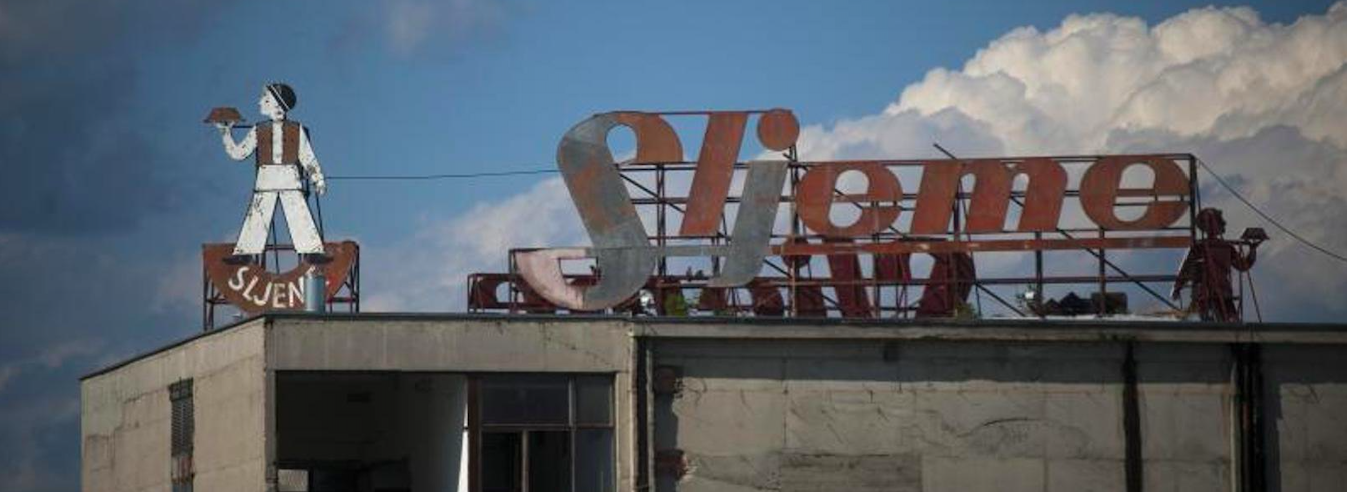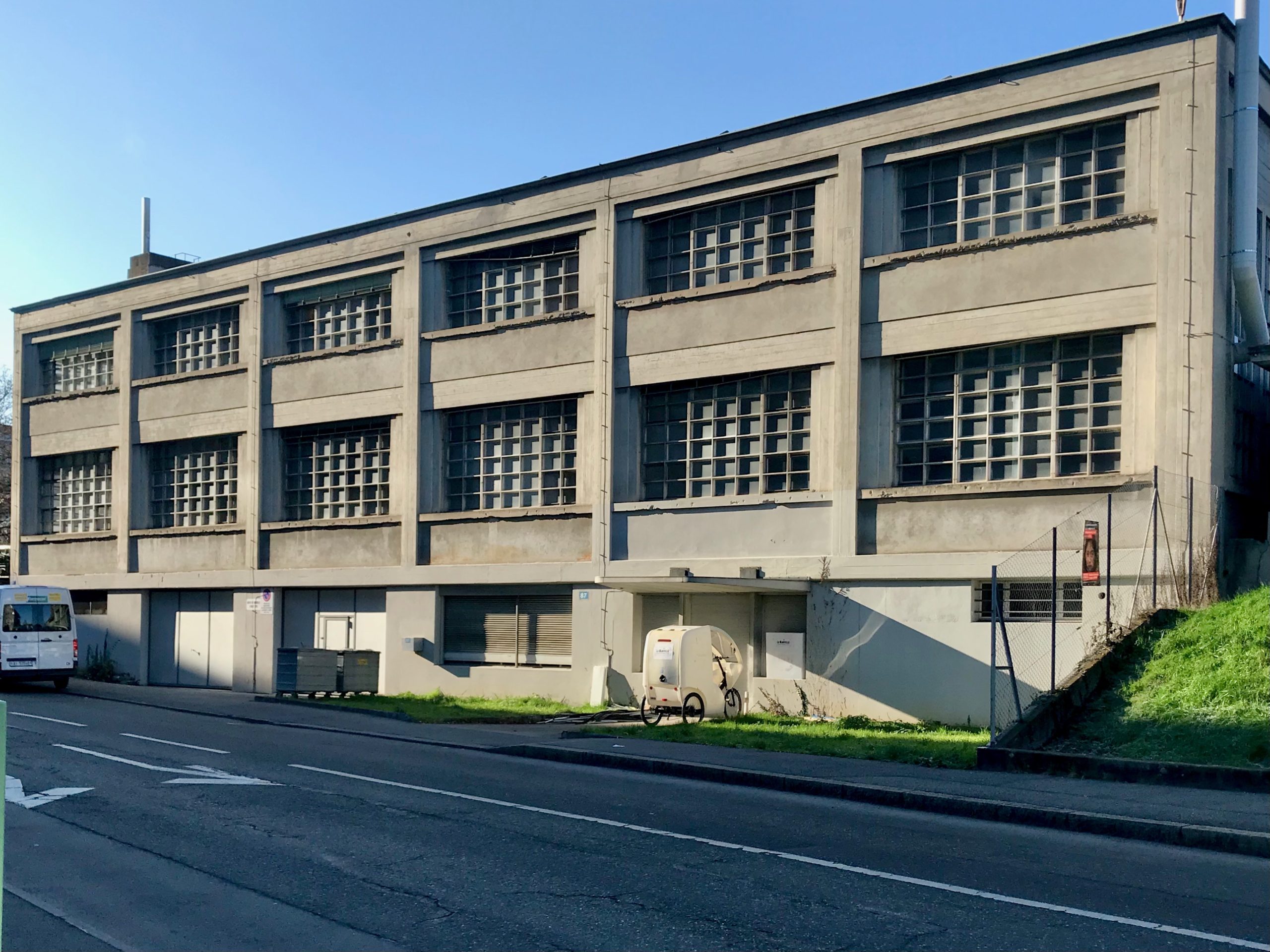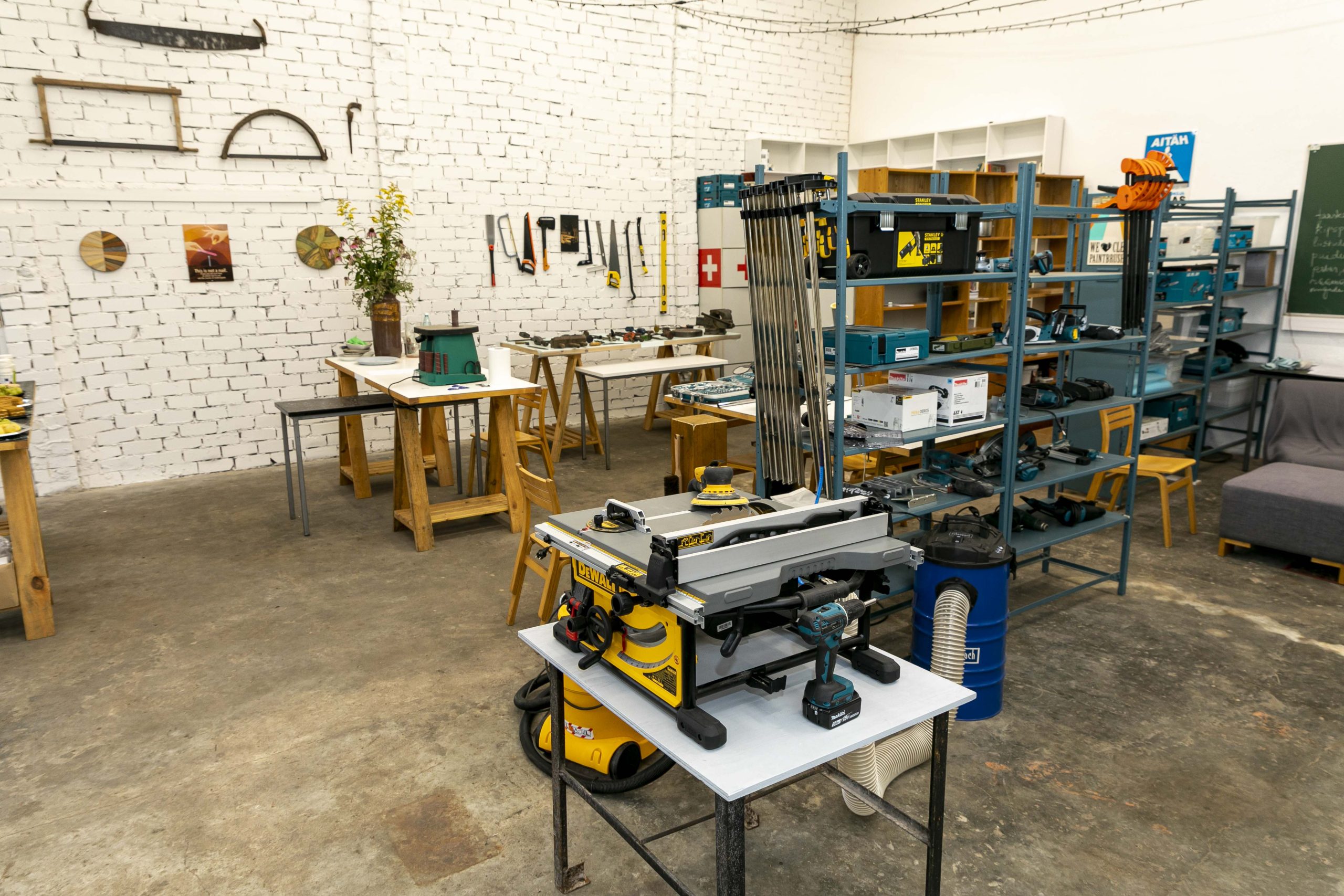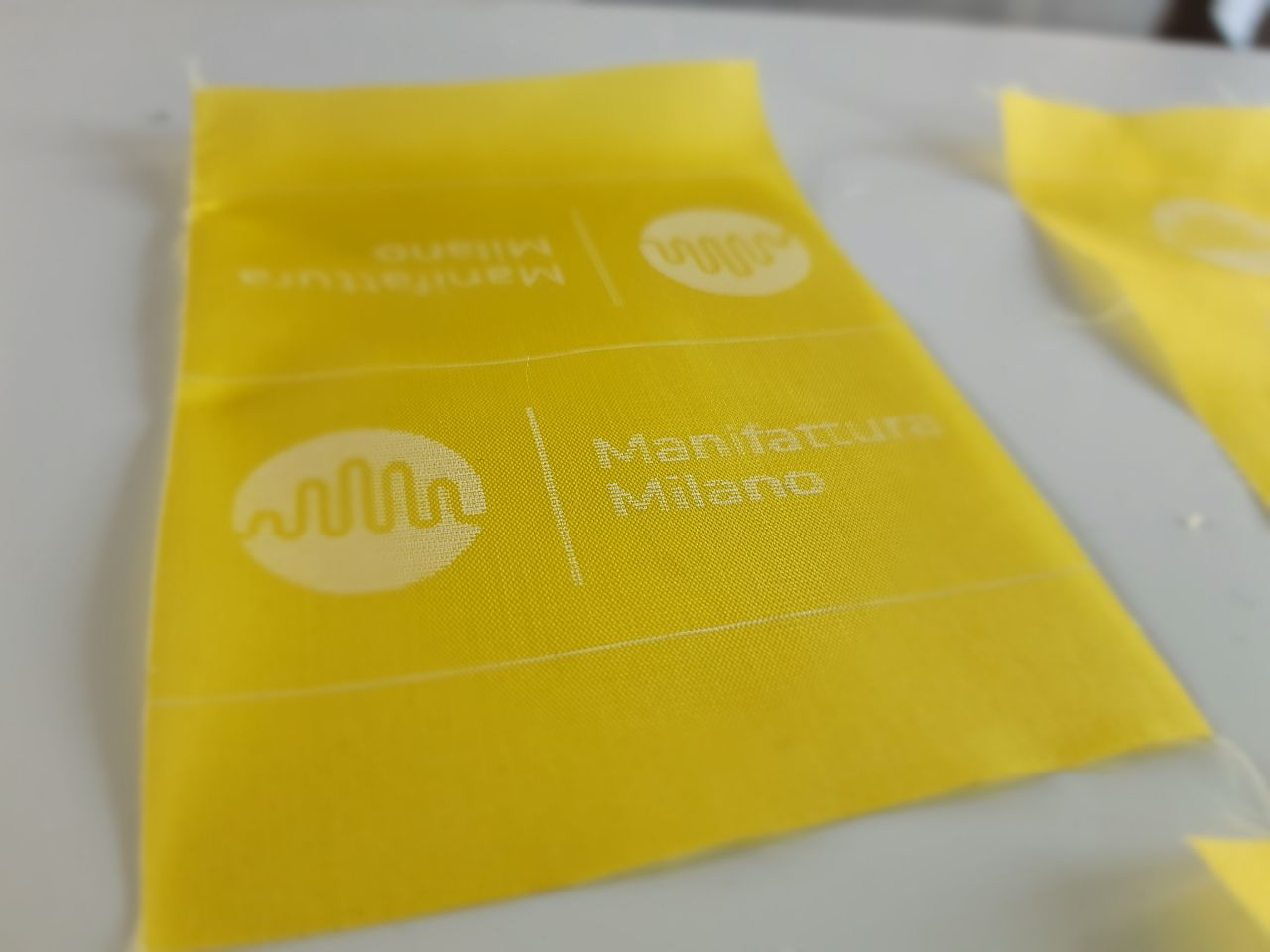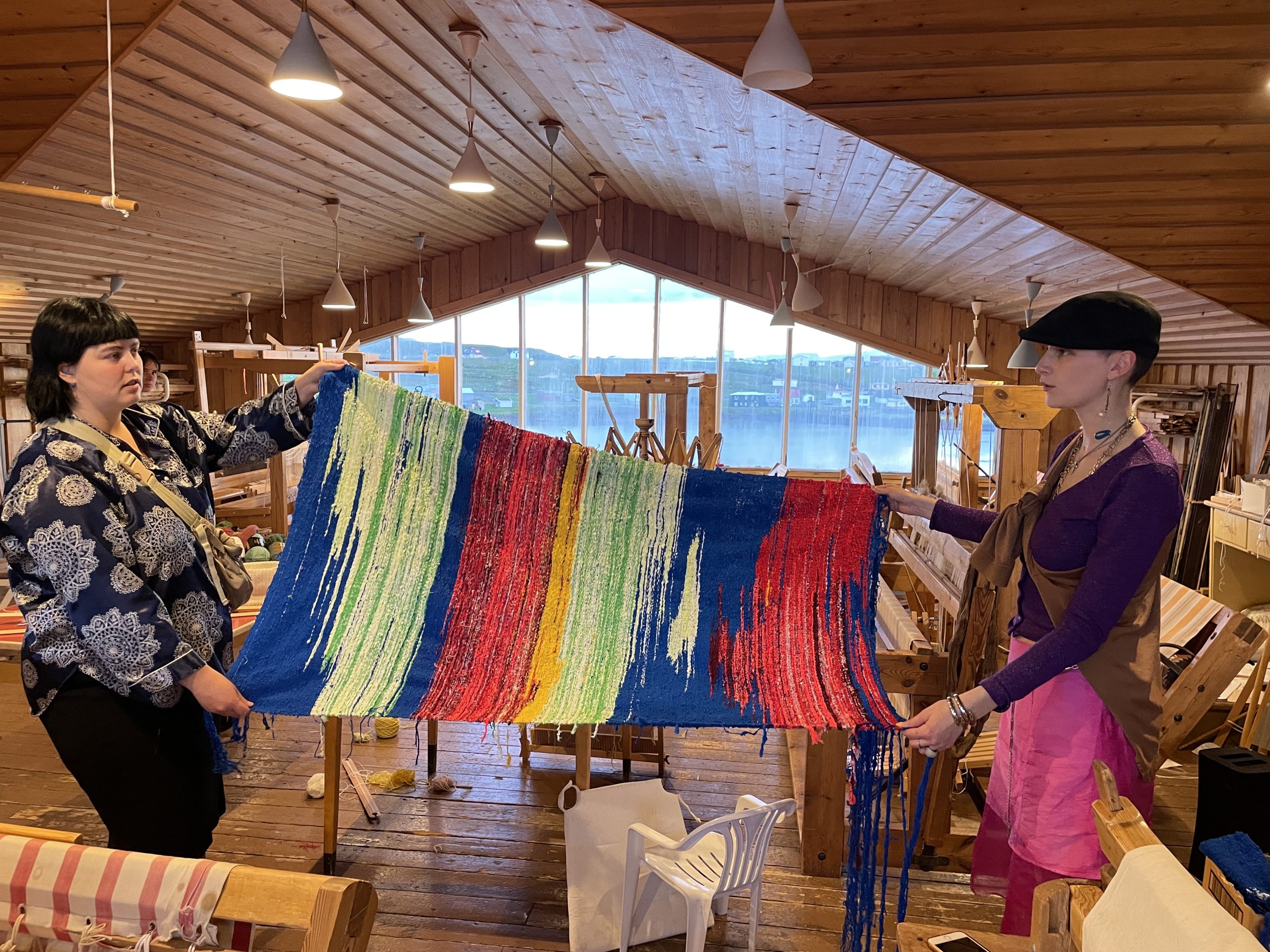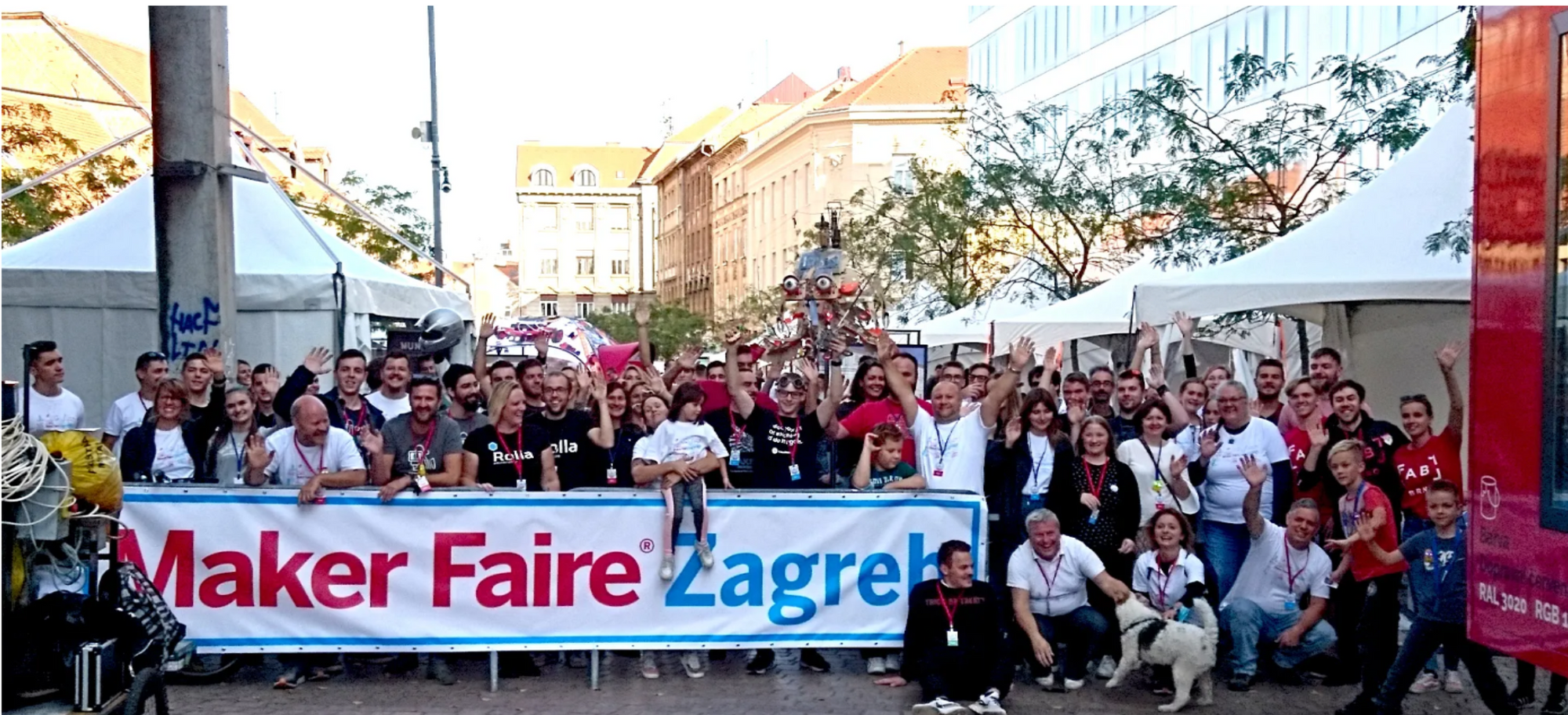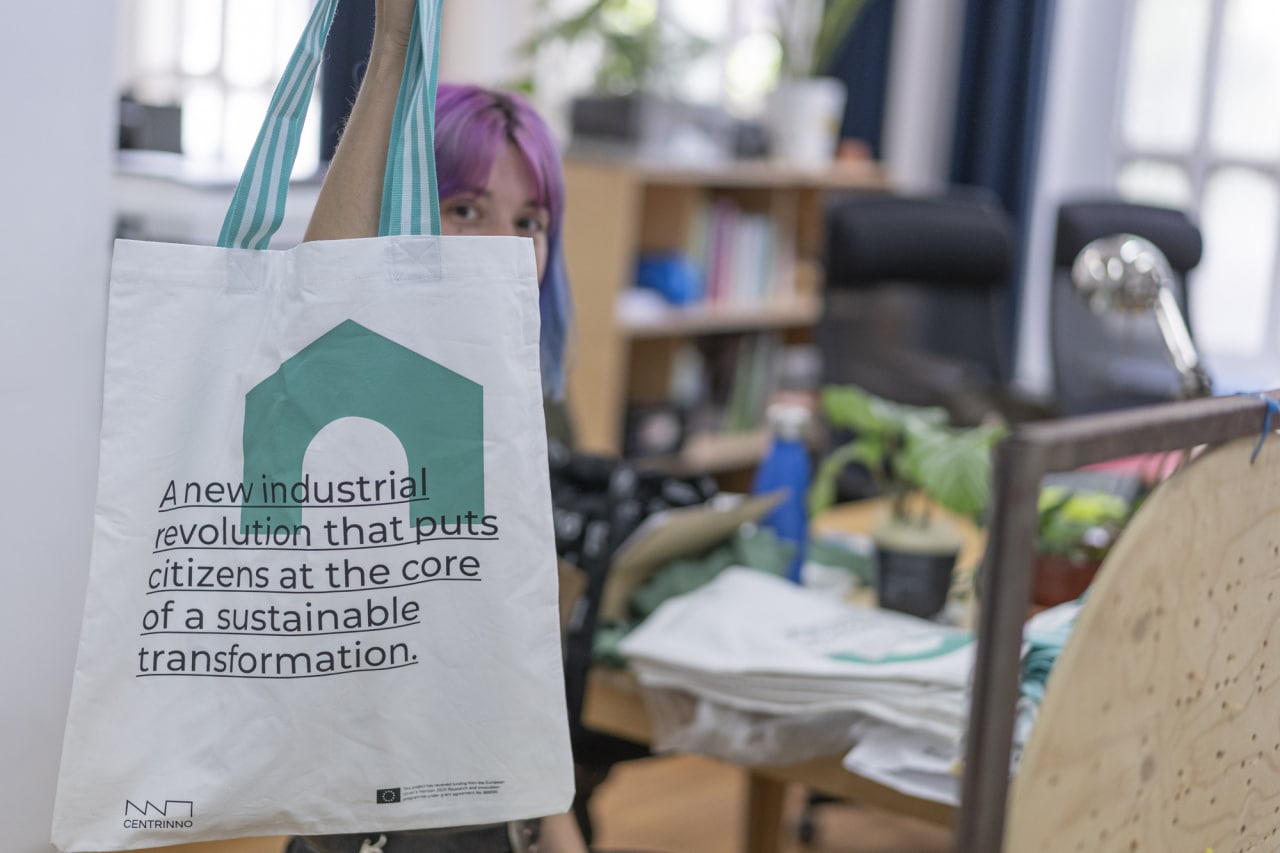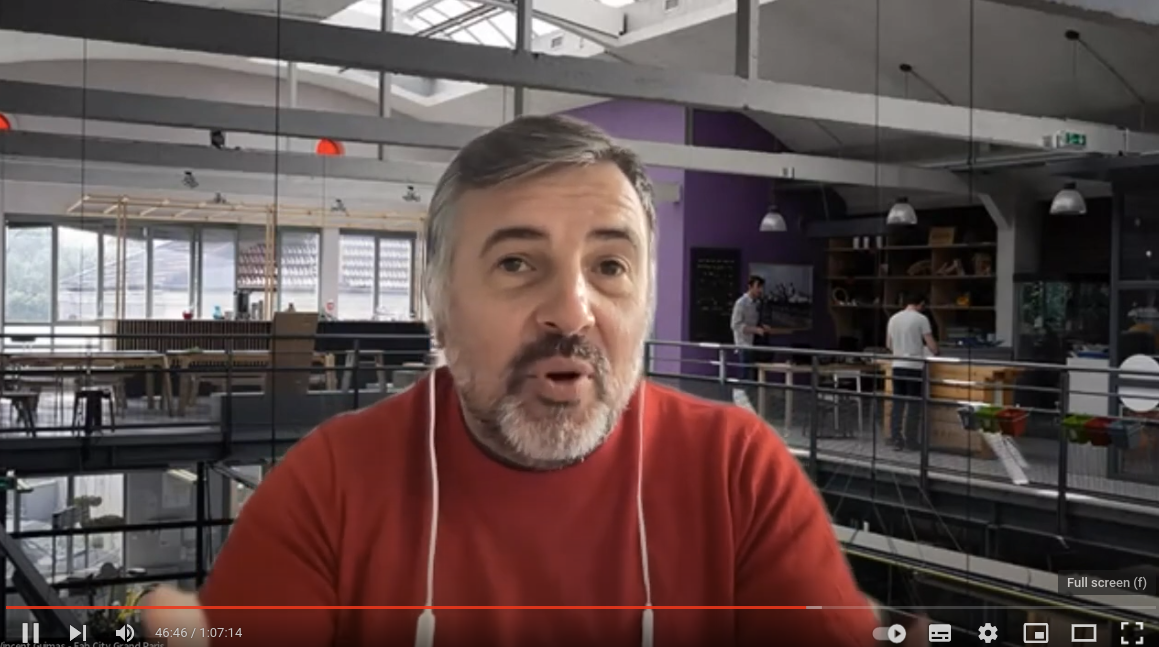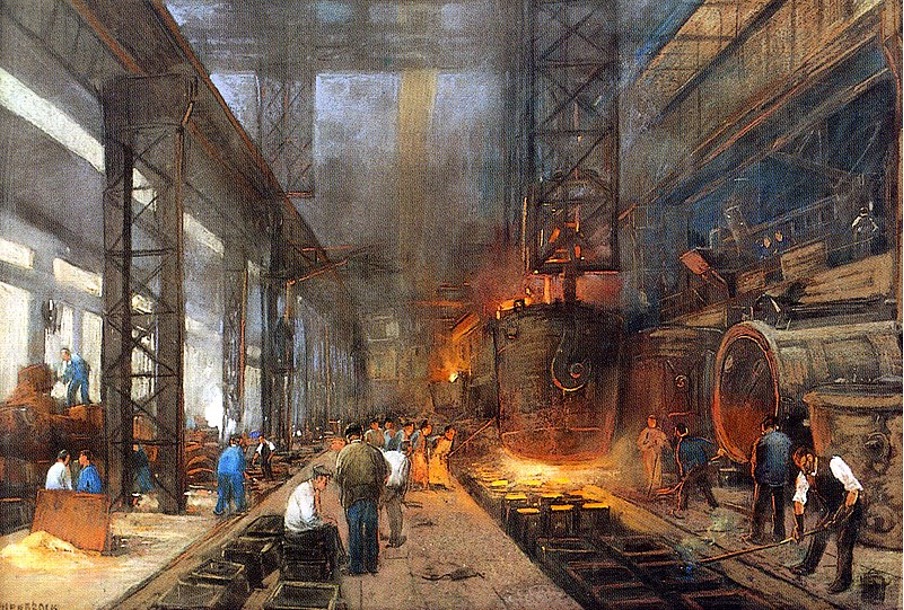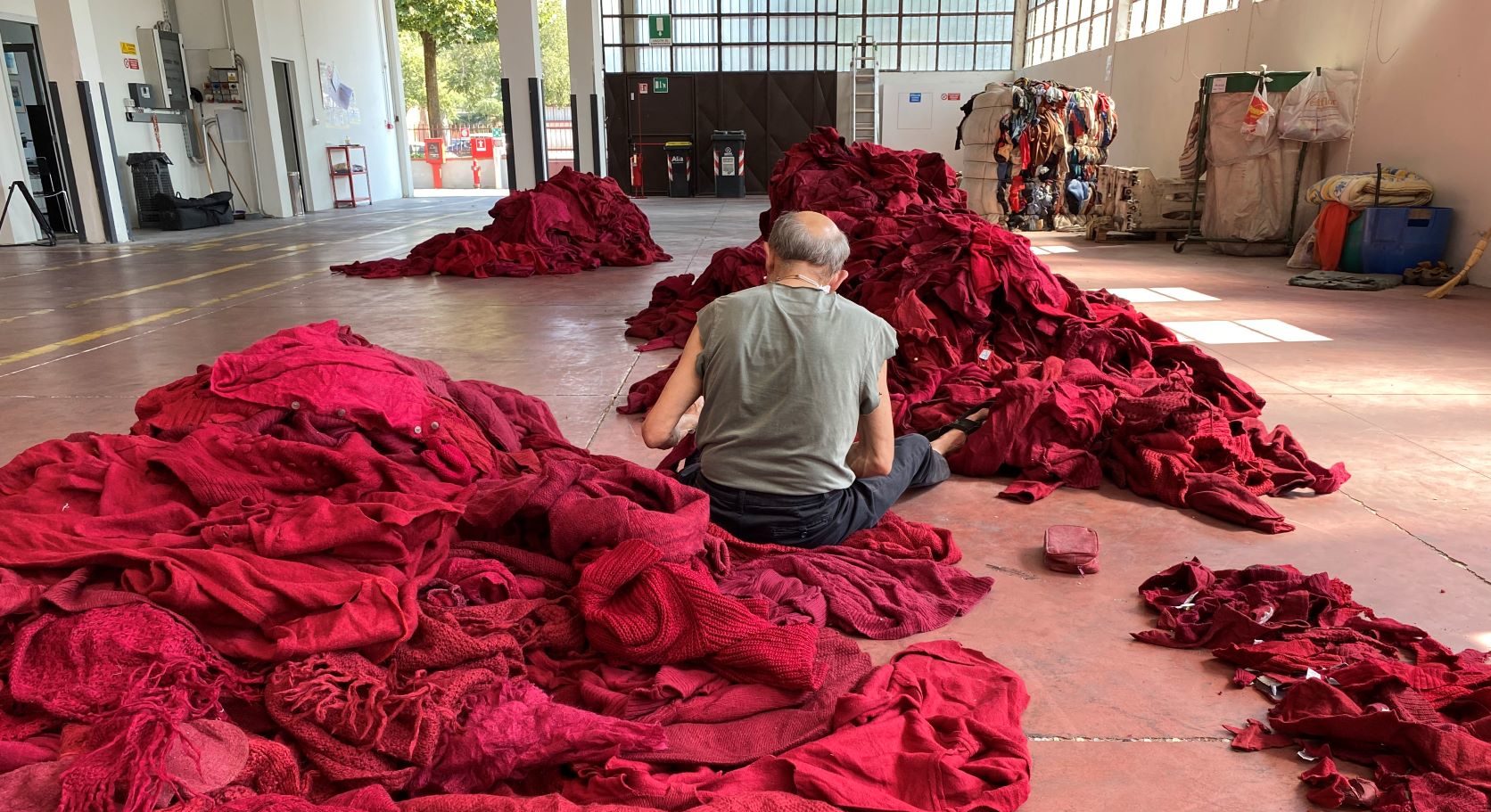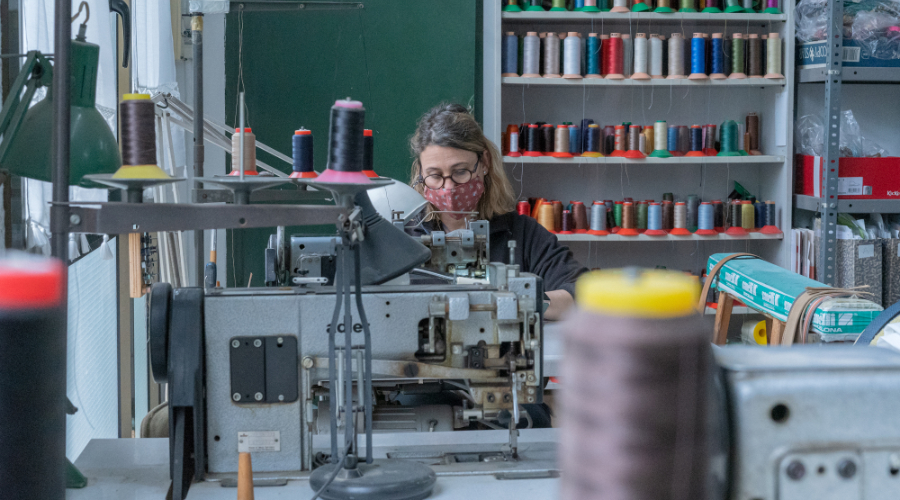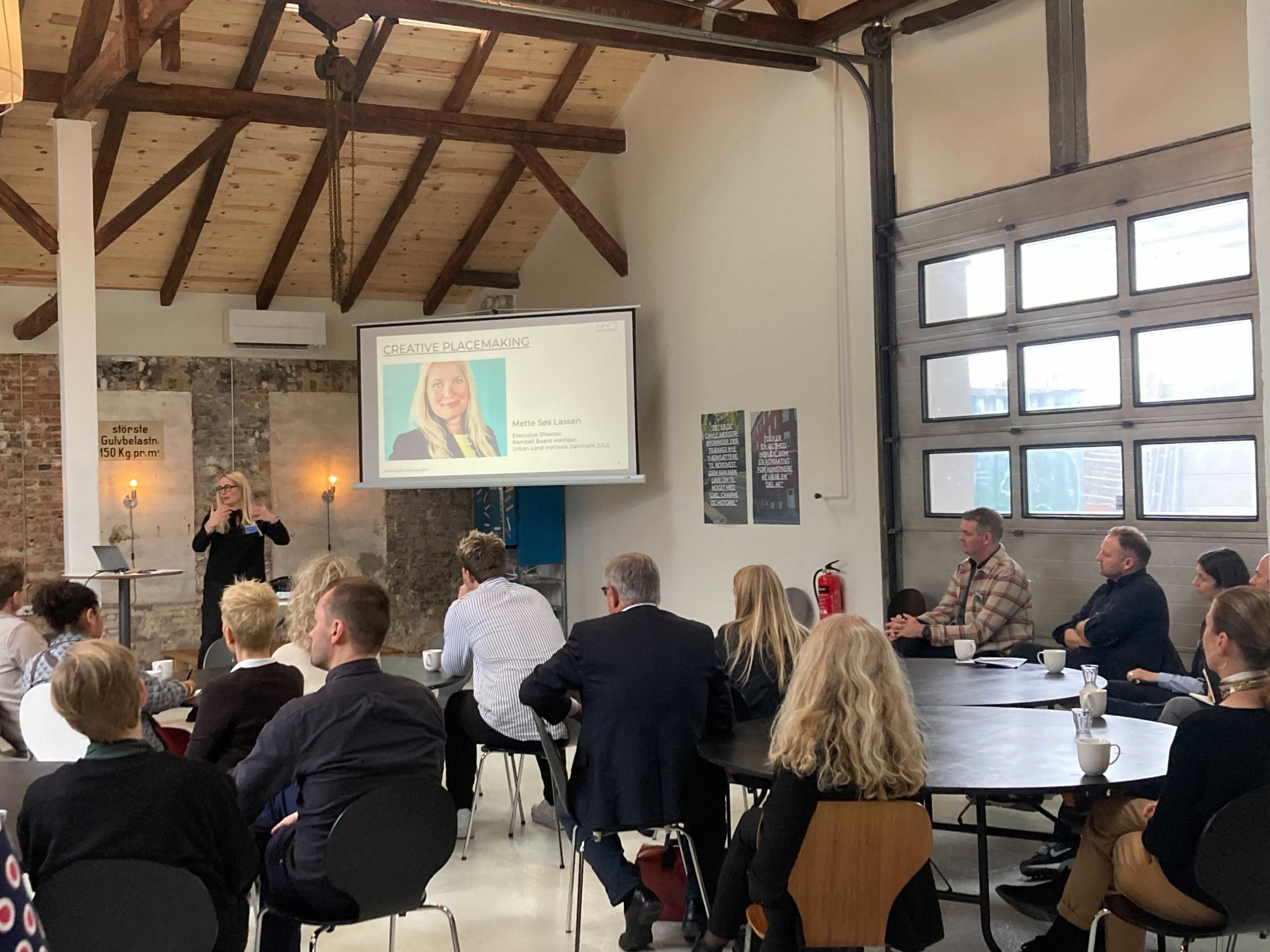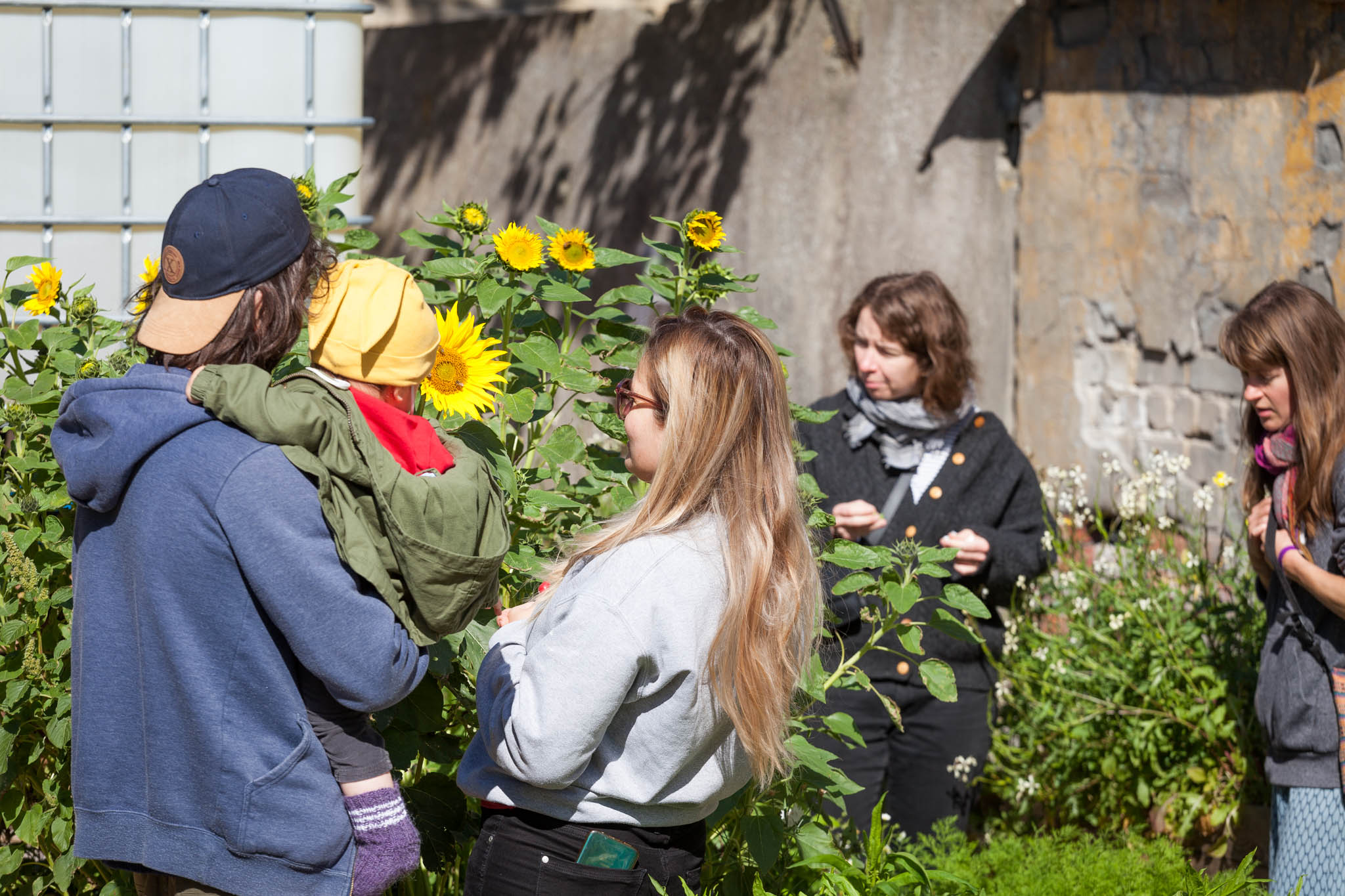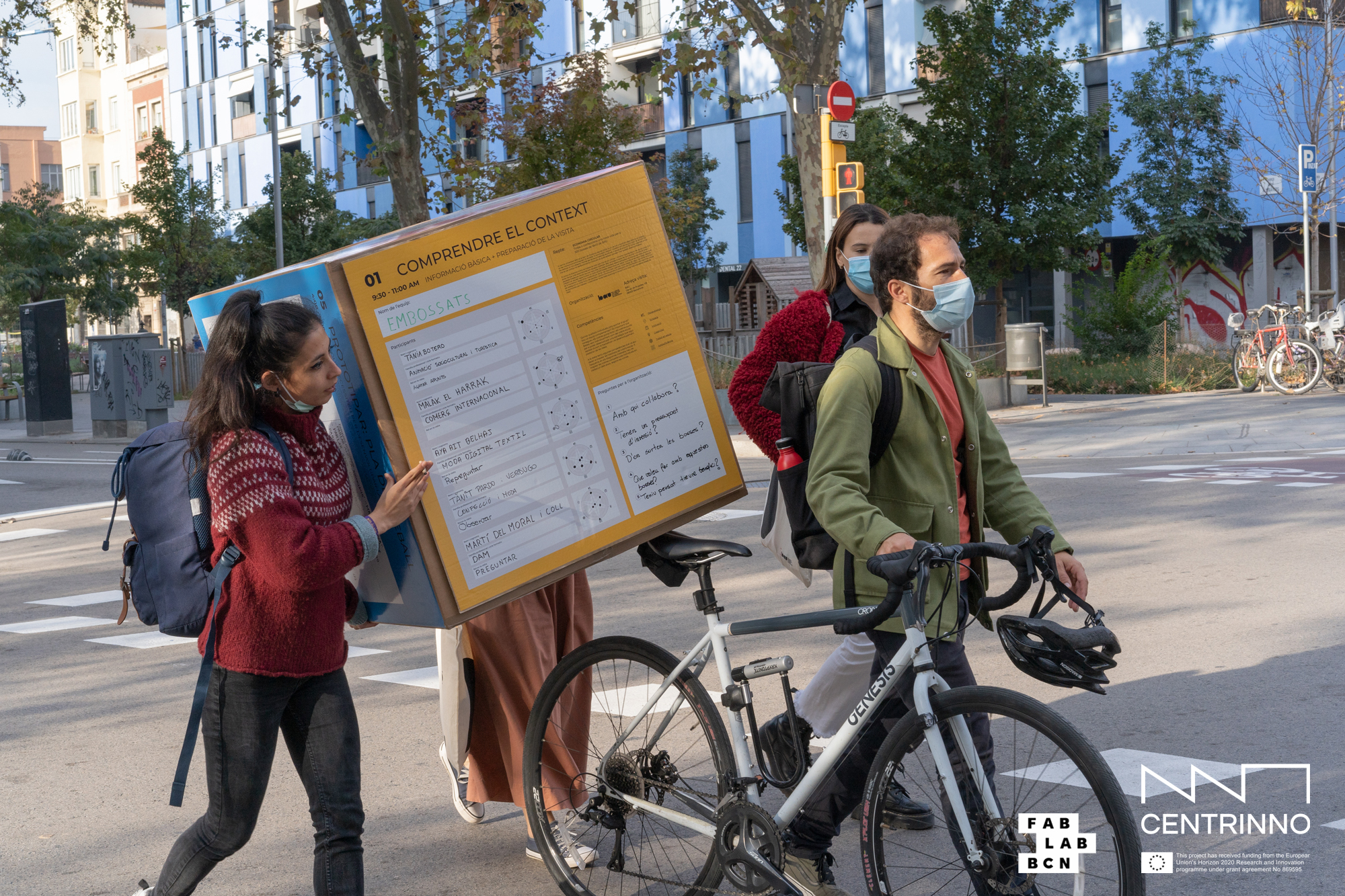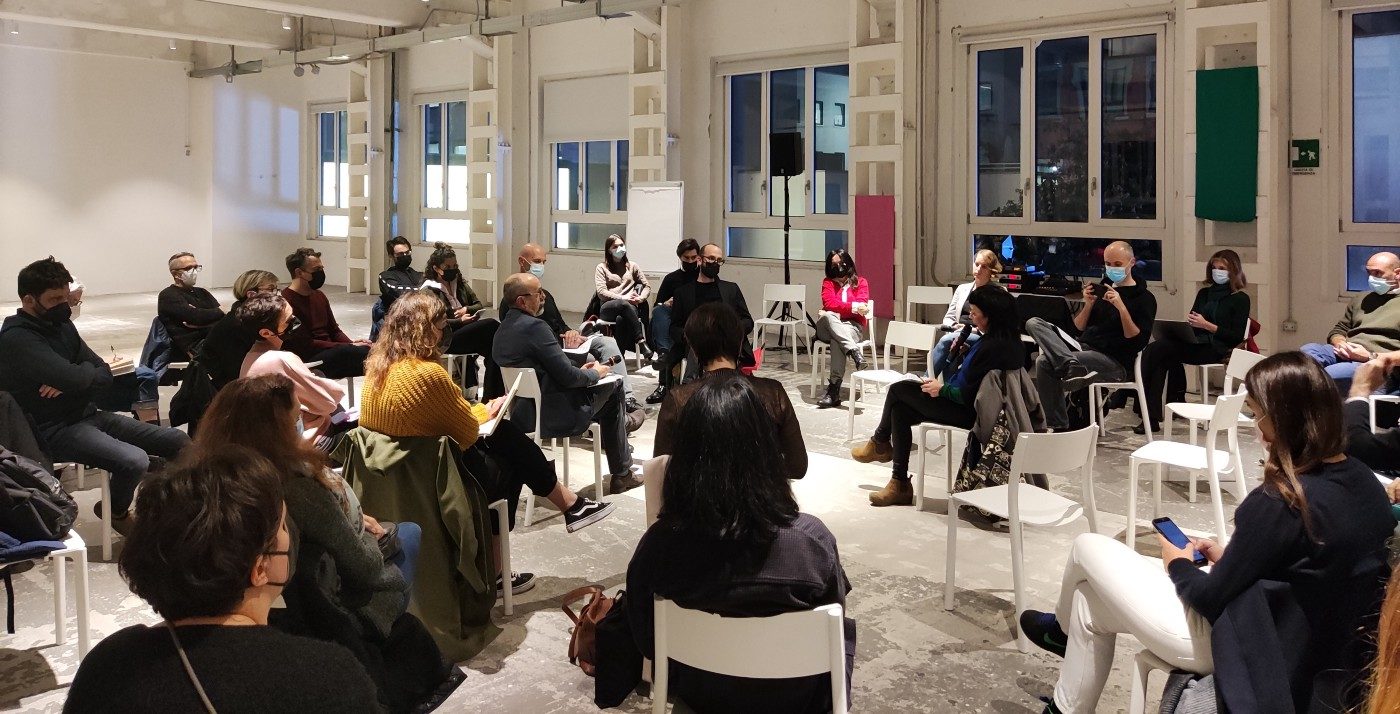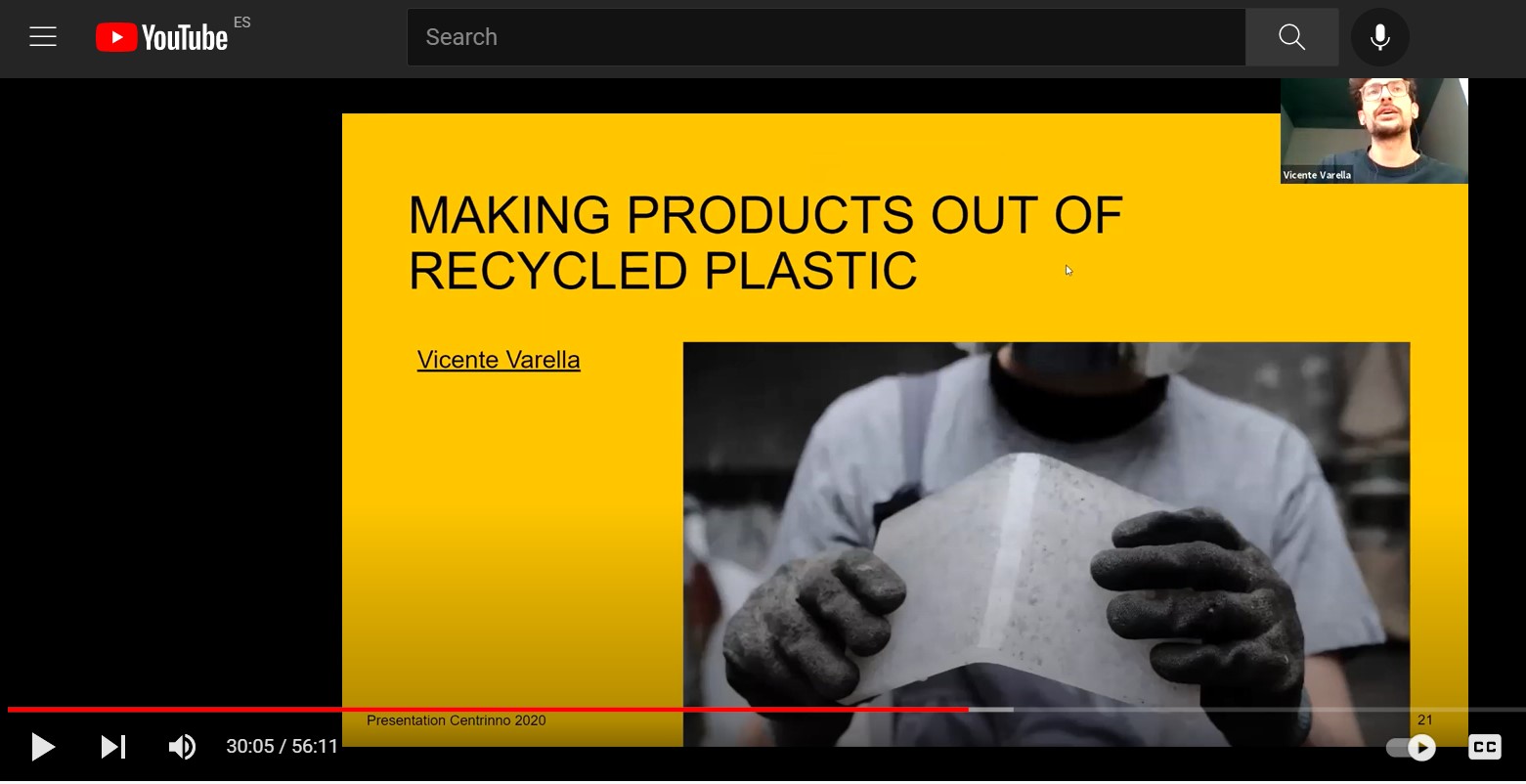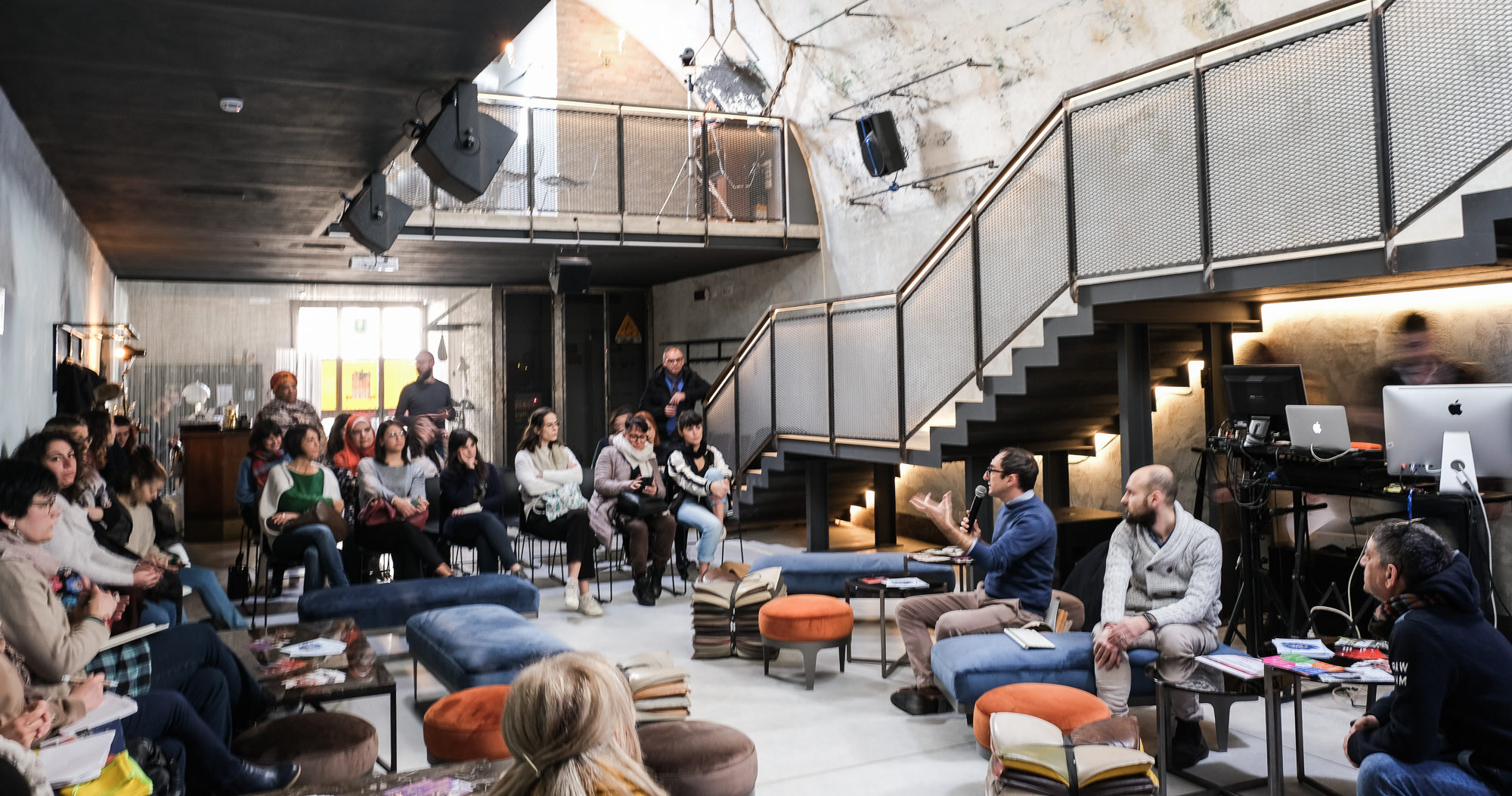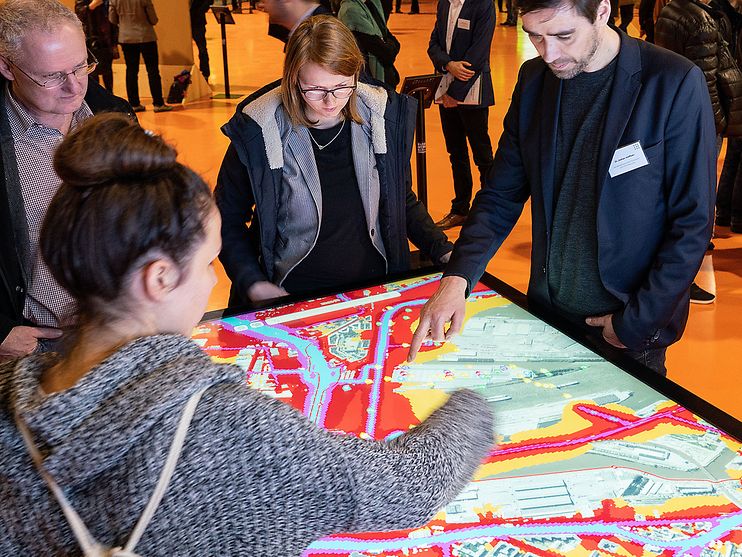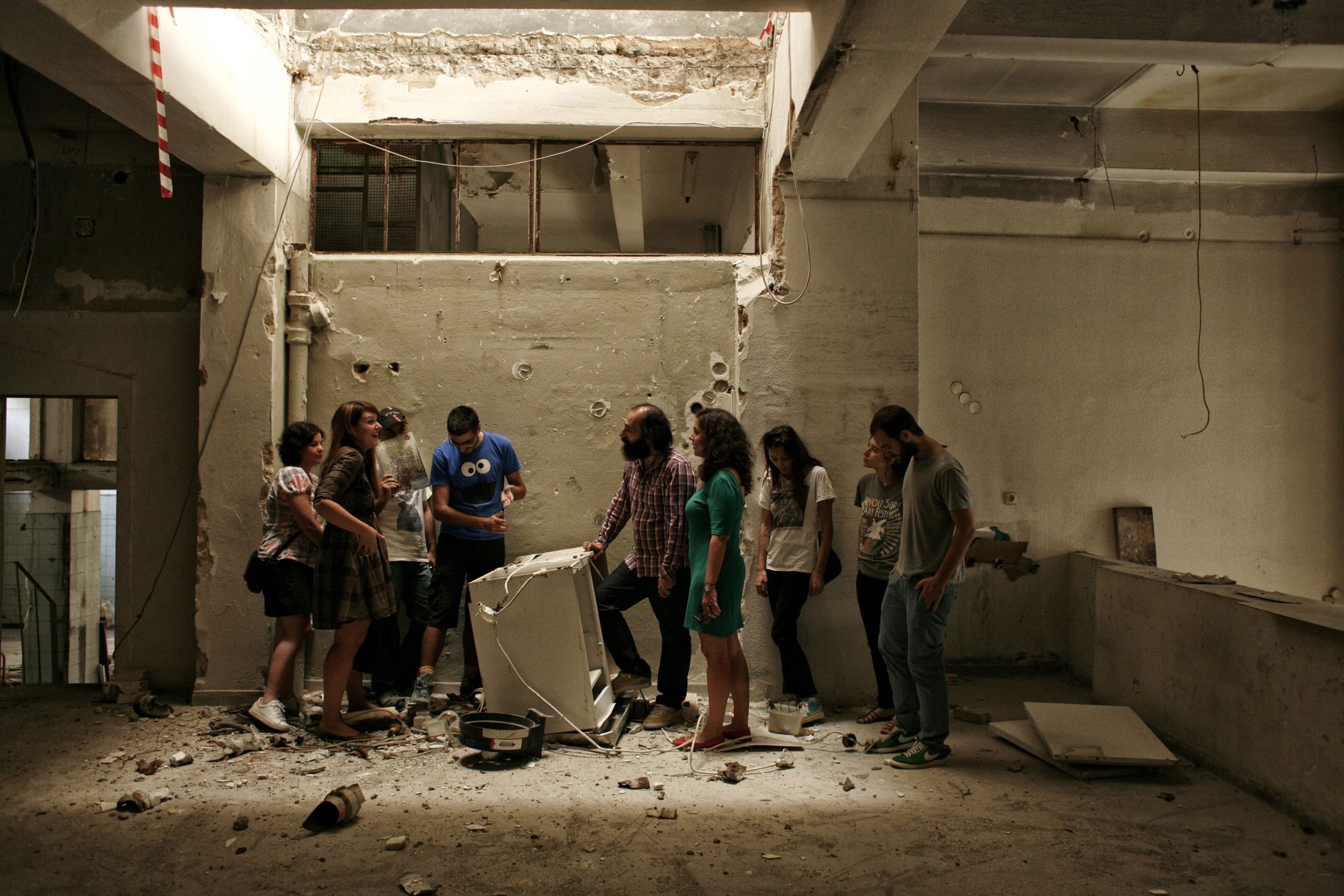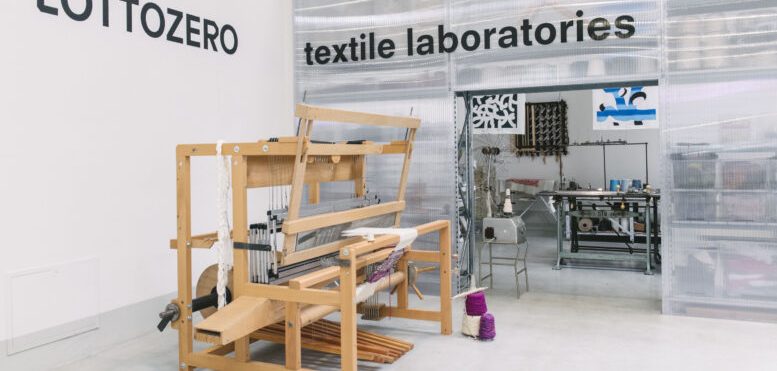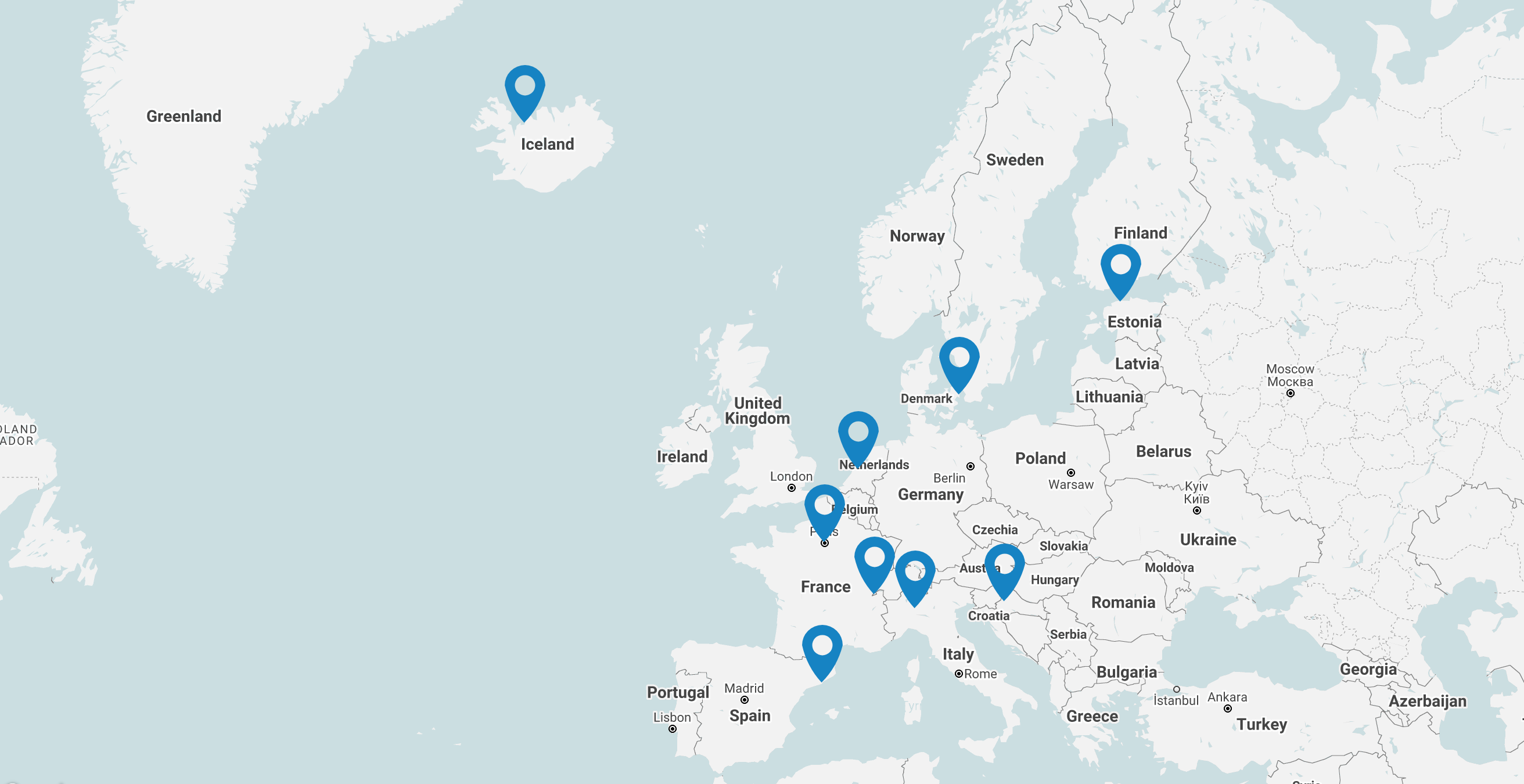BLOG
CENTRINNO Focus Group: Workshop #4 Vocational Training
Discover the main takeaways and watch the recording from the fourth workshop of the Focus Group
More information on the Focus Group series can be found also on deliverable 6.5 in the resource page.
The CENTRINNO approach to Vocational Training has been presented and discussed in its theoretical, practical and operational aspects as well as for its strategic role at pilot level and its legacy in the longer term.
The lively interaction between the local pilots of Blönduós and Geneva and Manuela Prina, Head of Skills Identification and Development Unit at the European Training Foundation (ETF) enabled a series of policy reflections on the future of skills and learning to foster innovation.
The workshop offered a journey starting from the conceptualisation and practice of the Vocational Training programmes activated through the CENTRINNO Schools, until the strategic role that training new skills holds for European innovation. The main highlights from the presentations and the discussion are summarised below:
- Education holds strategic importance in the processes of urban transformation, and it is crucial to link learning paths with urban challenges. Vocational Training programmes offer wider possibilities for stakeholder and community engagement, towards more capillary social inclusion in the learning process.
- The CENTRINNO School programmes aim at tackling the gap between education and urban transformations by linking professionals with citizens through a bottom-up participatory process tailored on the needs of the local context. The programmes are oriented to provide a “maker” mindset and a good balance between technical skills and transversal skills to be applied in circular urban manufacturing settings.
- The CENTRINNO School in Blönduós offers an example of community-oriented learning programme that has been able to rebuild a tight link between the historical textile heritage of the country and the future of textile industry in Iceland. In this process, it has also allowed to foster social inclusion by engaging a wider and more varied audience into the textile cluster. Today, textile training has set more stable roots in the country through the opening of Textile Lab, and the anchorage of training programmes to university and accredited educational institutions.
- The CENTRINNO School experience in Geneva is pivoted around the pillars of Vocational Training, circularity, and social inclusion. The Geneva pilot has identified and engaged local stakeholders, such as the University, FabLabs, and NGOs, to anchor the training school to the urban fabric and its local community, including with an access to working space. The CENTRINNO School programme in Geneva has a specific goal to not only to pursue social inclusion but also to provide learners with empowerment and tailored skills for professional integration in the business market, especially among migrant women.
The activities of the CENTRINNO School also unveiled some challenges for a wider and more capillary implementation of Vocational Training programmes in the circular economy field. Among these:
- The continuity of Vocational Training programmes throughout time is essential for their own development and to avoid being just a spot-on opportunity. However, it is currently hard to introduce new participatory bottom-up ways of learning and teaching within formal educational settings (i.e., schools and universities) traditionally framed in a top-down dynamic.
- Vocational Training opportunities should be more easily accessible for people with no or little formal education that are currently inactive in the labour market. The continuity of such programmes would also enable to increase their community-building effects.
- A tighter collaboration with businesses would be helpful to determine which skills (and tools) are needed moving forward, so to design training programmes that become increasingly ready to fit the labour market needs.
- From a market perspective, challenges lie in the size, readiness, and maturity of the circular economy market, which currently struggles to reach sufficient attractiveness in terms of salaries and remuneration.
- Vocational Training programmes for Circular Economy are currently in an early stage phase, thus requiring continuous research and development. Sometimes it is challenging to evaluate (and communicate about) the time needed and risks associated to the development of such experimental learning and training paths.
Moving from the very local perspective of CENTRINNO experiences, the input from the European Training Foundation allowed to address the topics of training and education from a European policy perspective:
- The President of the European Commission has recently communicated in the State of the Union 2023 that labour market and skills shortages are among the top three priorities of the European Union. This statement, reinforced by the ongoing European Year of Skills initiatives testimony the strategic importance that training programmes hold for the present and future of the EU.
- It is crucial to offer Vocational Training opportunities that are meaningful, adaptive to the local context and able to ensure a balanced development of skills and professional capacities. In order to foster the development and to facilitate the affirmation of such Vocational Training programmes, the ETF together with the European Commission and many other Global partners is working on a Vocational Excellence Label. The initiative is intended to support Vocational Training Centres not only to be quality-awarded, but to initiate a common pathway towards excellence. Excellence is intended as a path, for which a community has been established to bring together networks (such as the ETF network for Excellence) of mutual support, inspiration and transfer: Centres of Vocational Excellence (CoVEs).
- The role of Vocational Education in innovation ecosystems has been somewhat neglected in the past. Today, its role to initiate and fuel innovation is recognised and validated, including in entrepreneurship and creative industries. Moreover, Vocational Training is also acknowledged to be closely linked to the sustainability and development of SMEs, which play a major role in the European industrial fabric.
- Entrepreneurial communities are as essential component to establishing fruitful links between the variety of actors involved in Vocational Training for circular economy. These communities have proven successful in bridging generational gaps, addressing social challenges, and solving obstacles to innovation, thanks to their internal collaboration and the creation of mutual benefits between different actors.
The transition from education and training to the labour market, and the formation of adequate skills is not a linear process. The key enabler of this process is to ensure that the skills developed in training programmes are actually absorbed by the labour market. To embrace this paradigm it is important to develop training programmes from the premises that these address the transition from learning to working. Vocational Training is an essential approach, as well as a practical tool to accompany the crucial transition between training and the job market, in non-linear innovation ecosystems. To achieve innovation it is also important to make sure Vocational Training programmes for circular manufacturing are innovatively designed to not only impart technical skills, but also foster creativity and adaptability, preparing individuals for a rapidly evolving industries. Vocational Training programmes, especially based on peer exchanges between junior and senior staff (shadowing), are also well suited to support Upskilling and Reskilling processes, which are a key strategic component to place adults at the core of innovation.
Useful links:
- International dimension of centres of vocational excellence: ETF Vocational Excellence Programme.
- ETF Network for Excellence: an international network of centres of vocational excellence: How to join the network?
- Local skills matter: A journey through entrepreneurial communities: ETF Report.
- Bridging the gap: The crucial roles of VET in fostering systems of innovation: ETF article.
- Craftsmanship and Skills for the Future: ETF Open Space.

